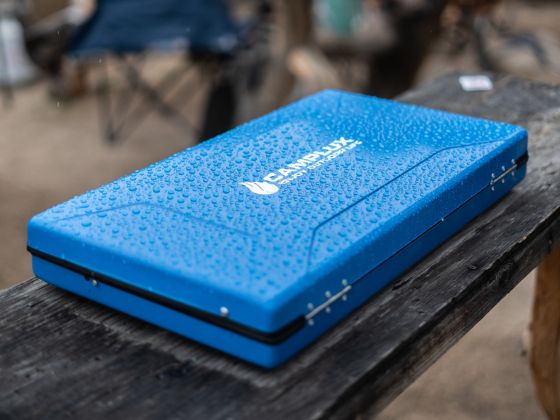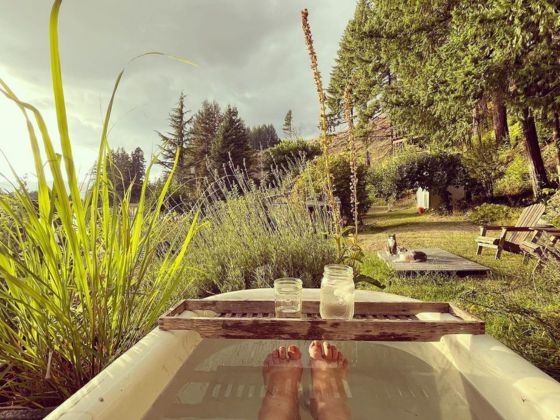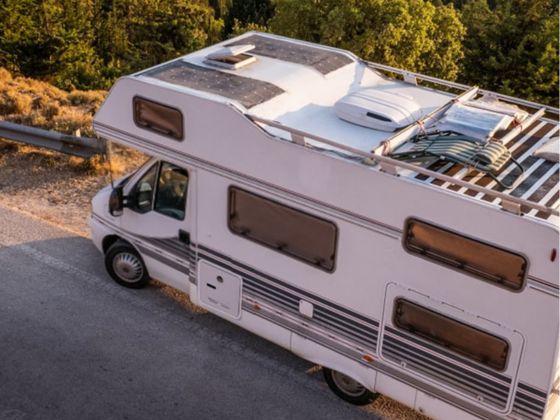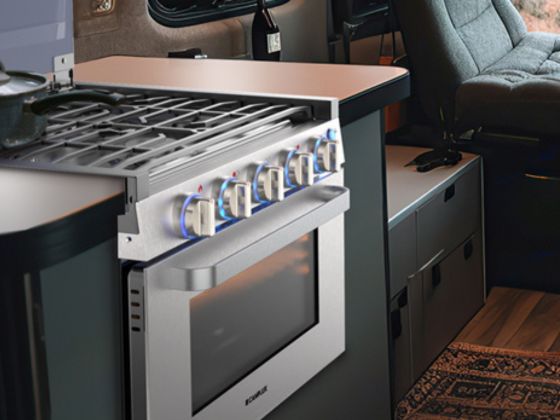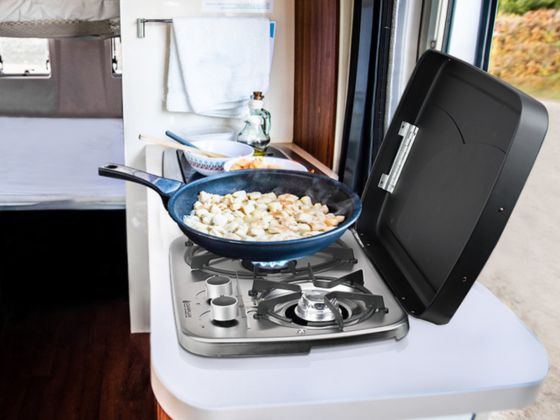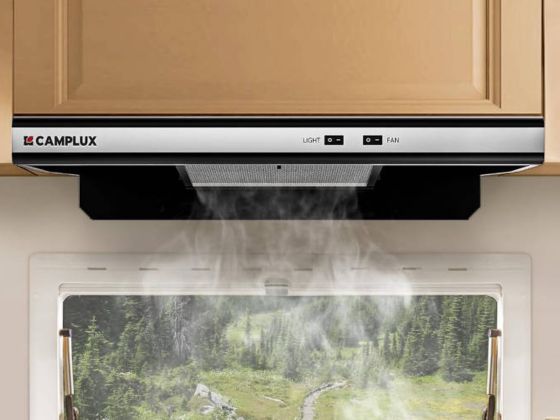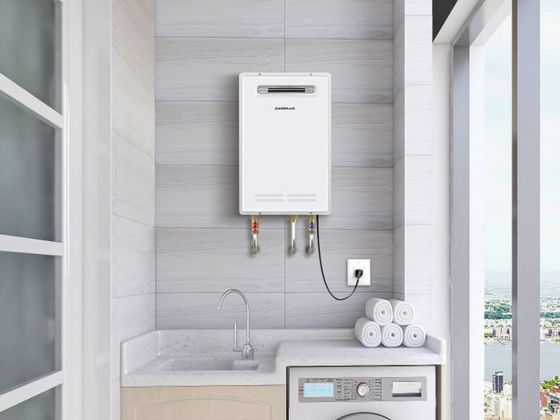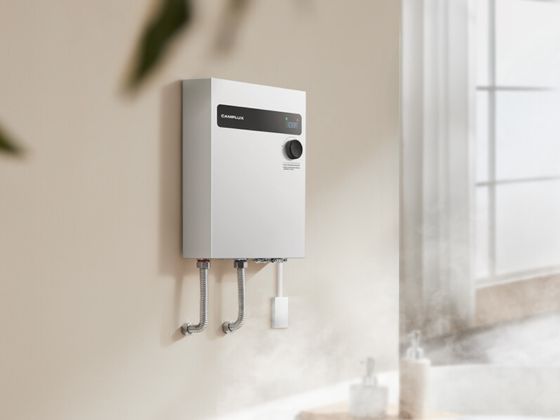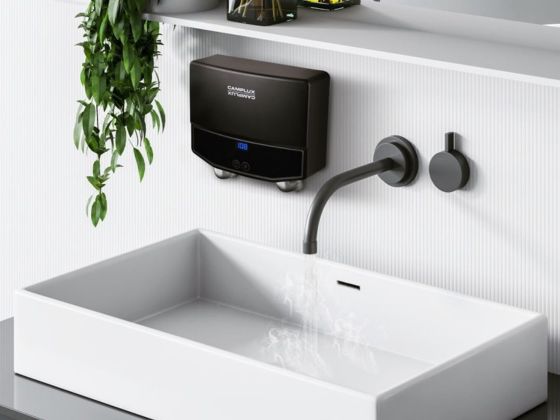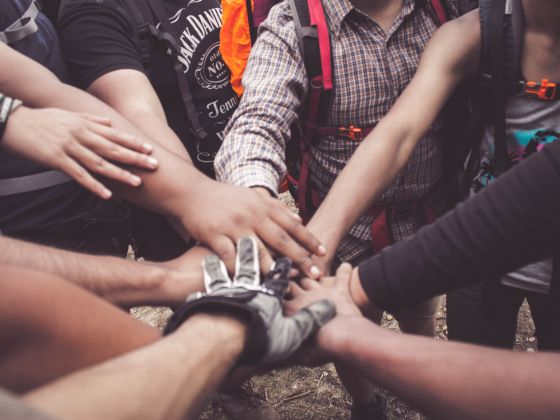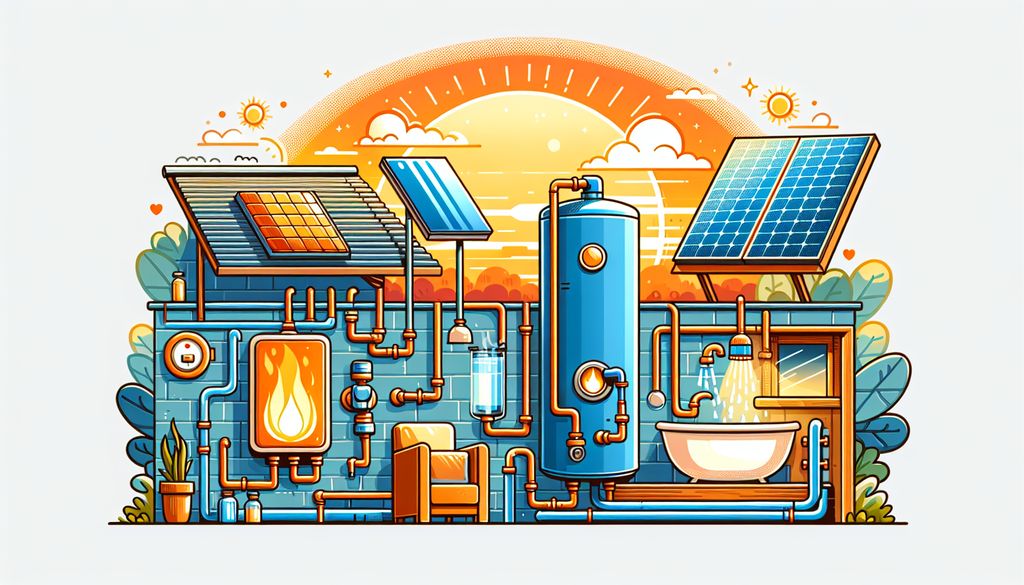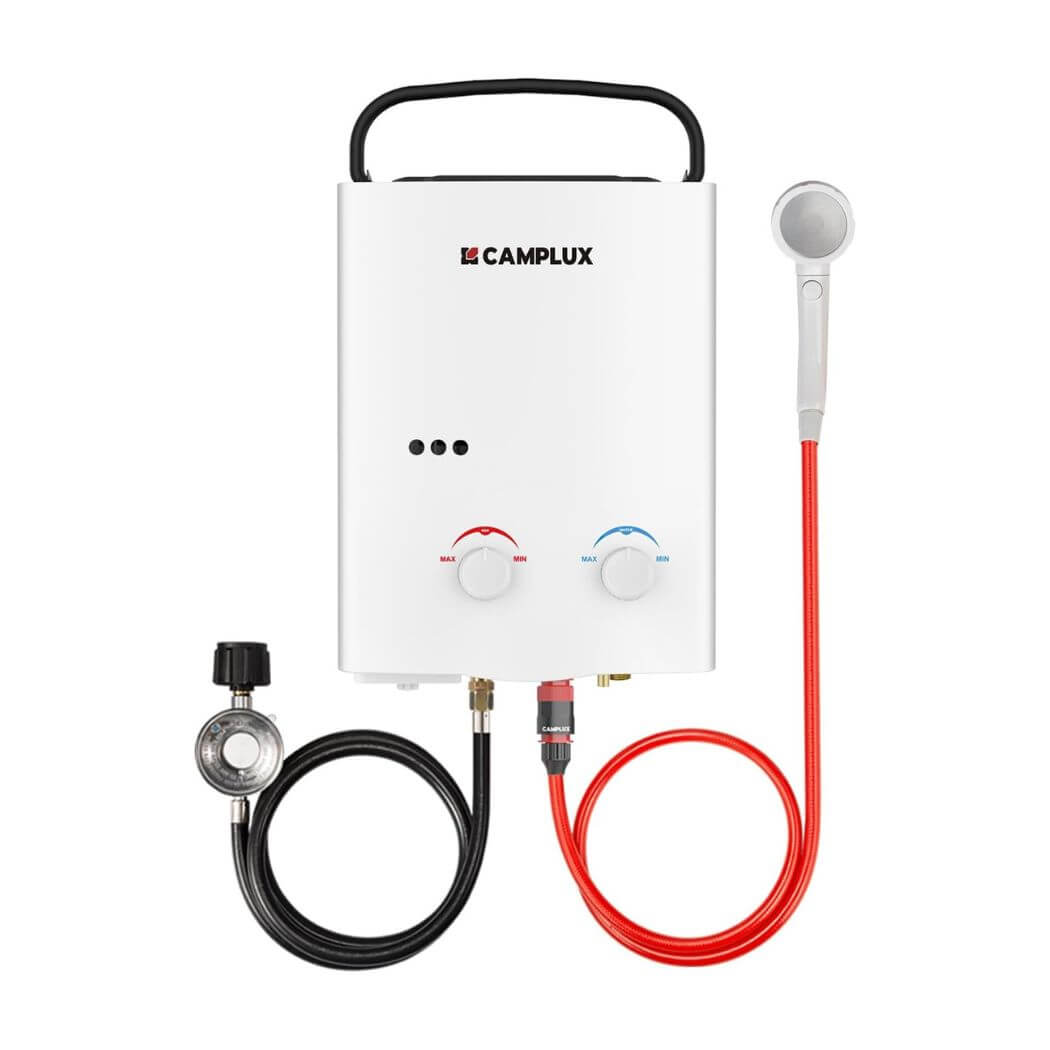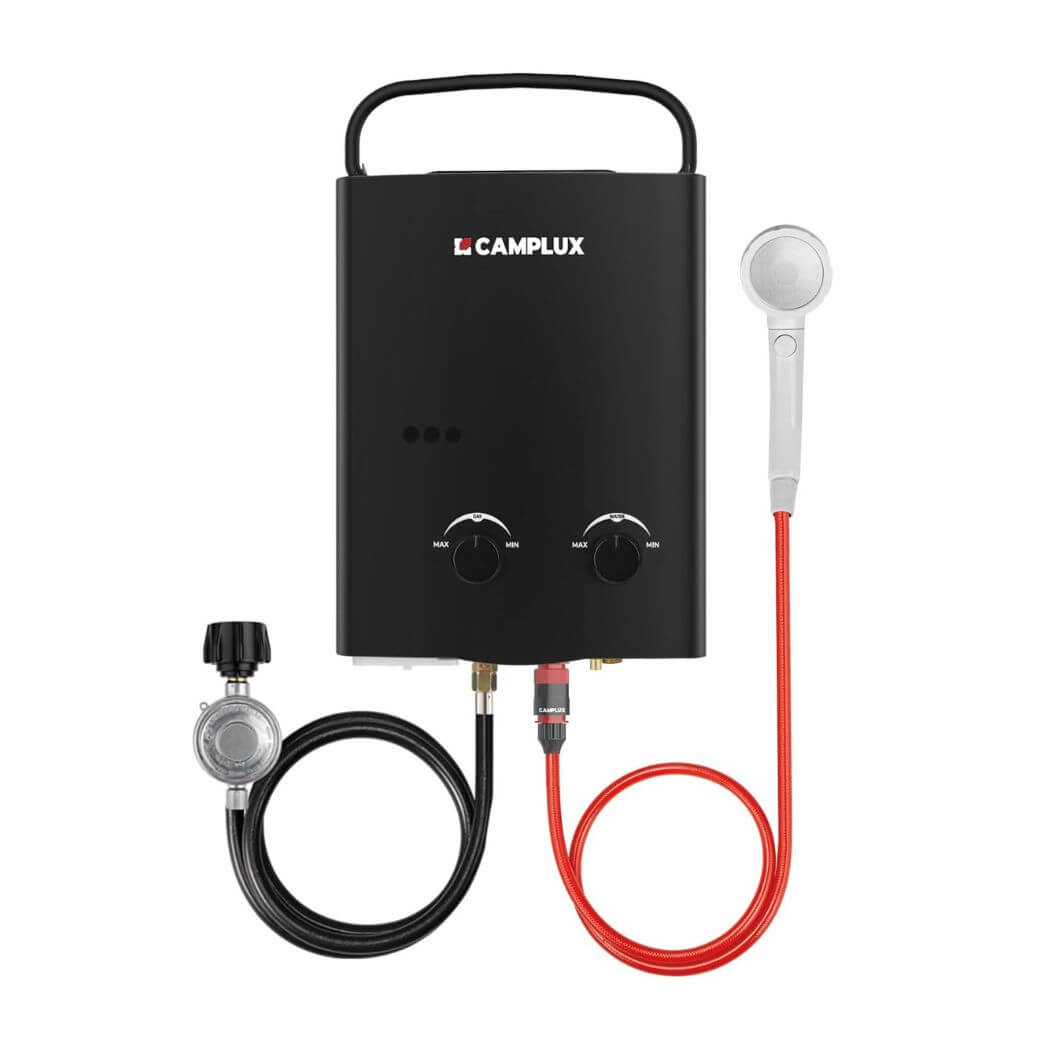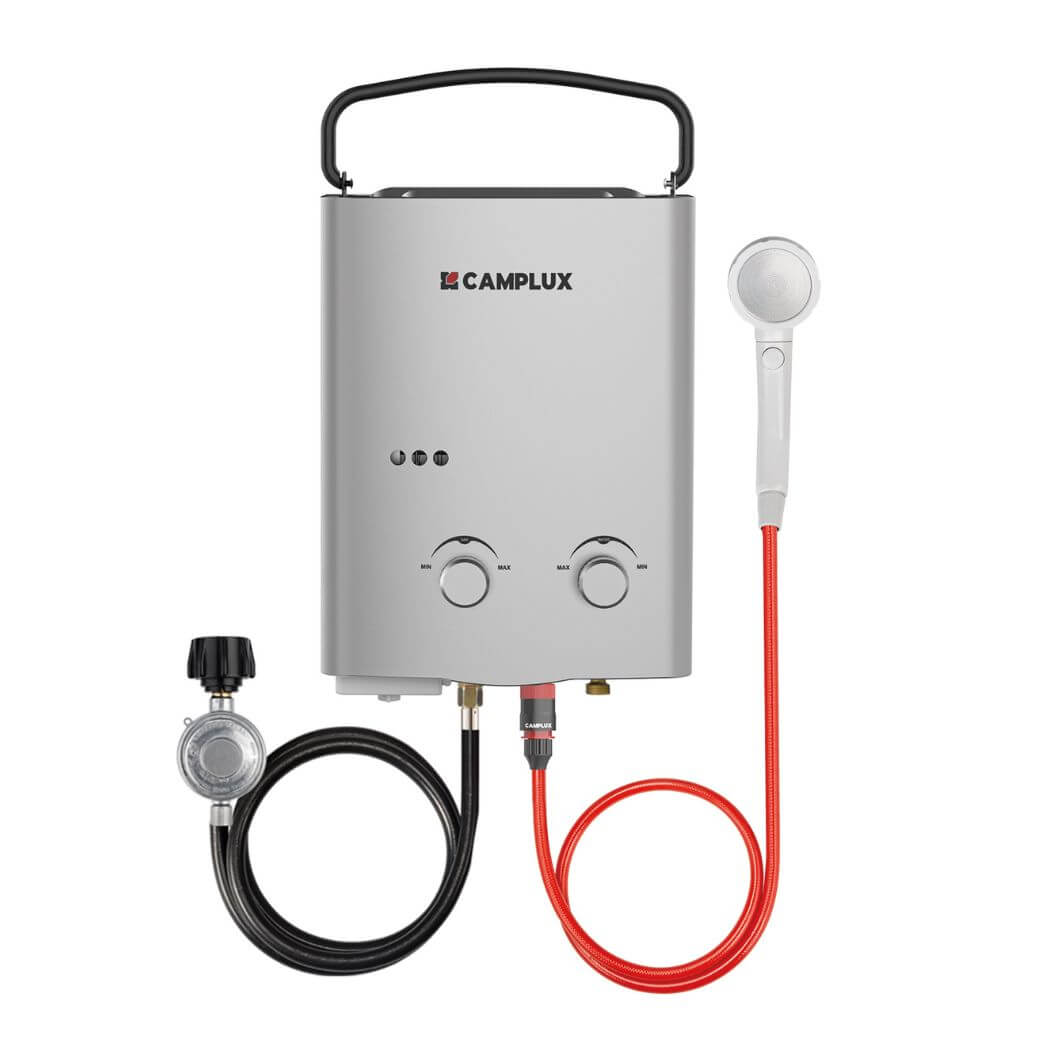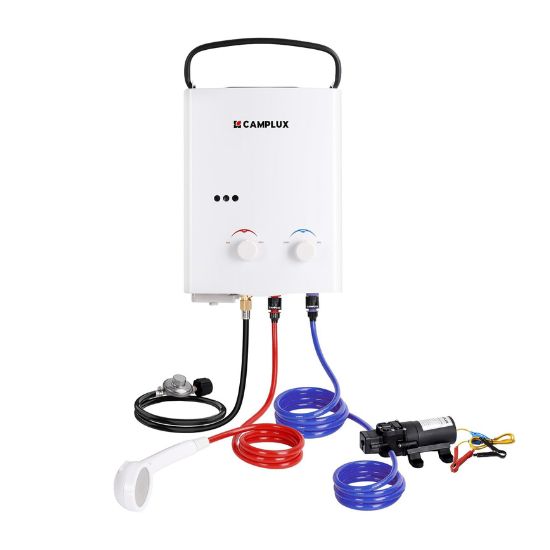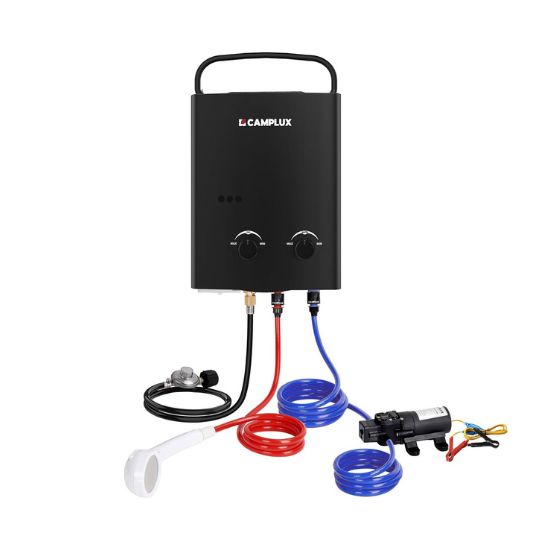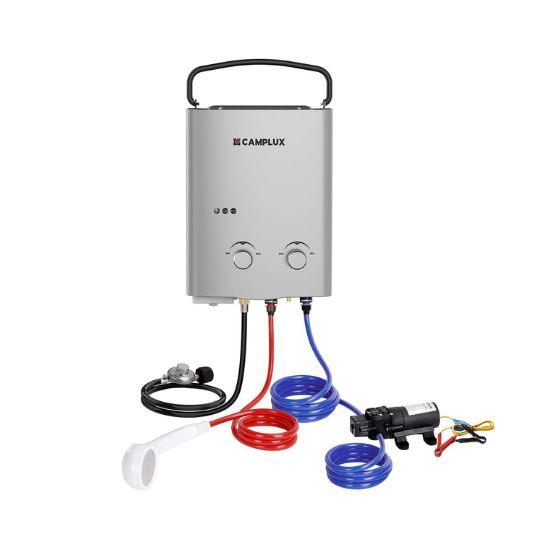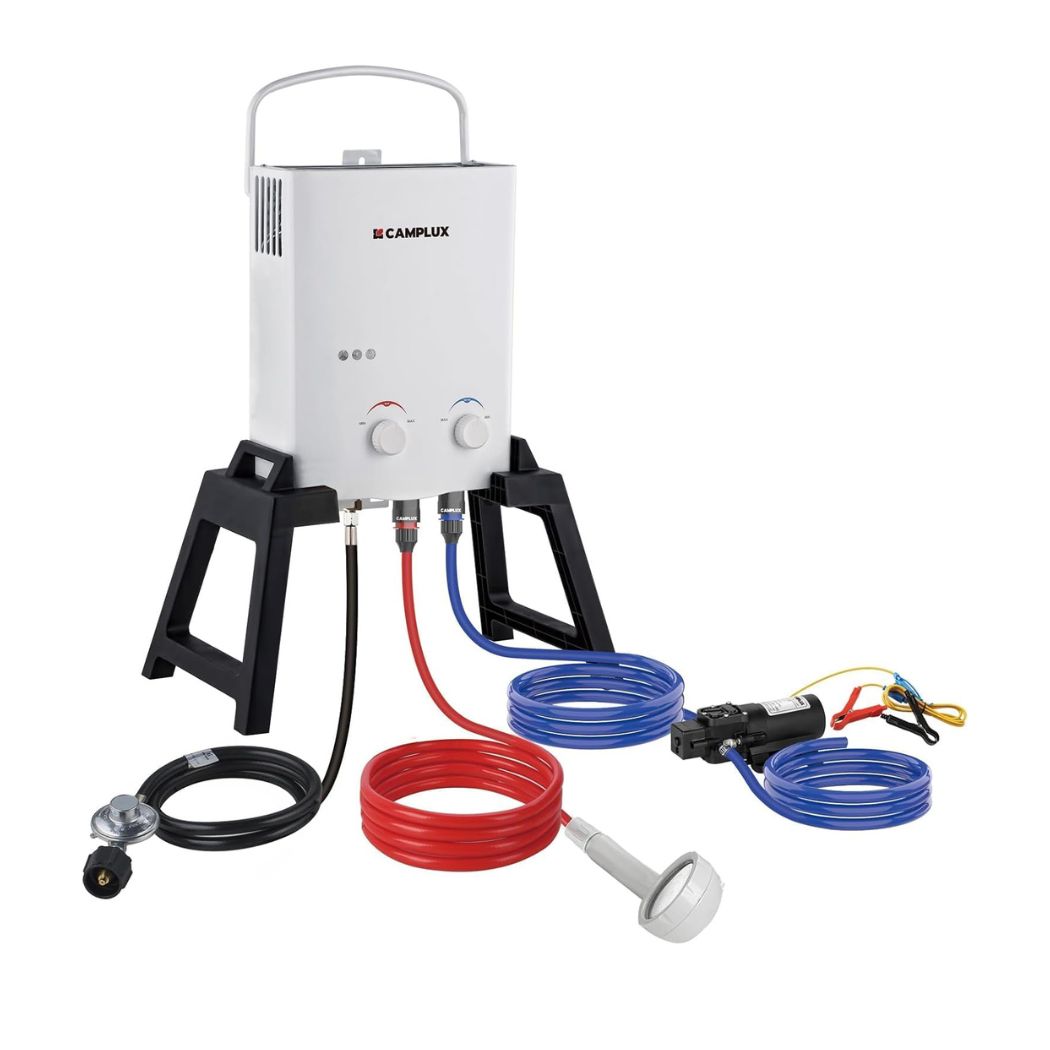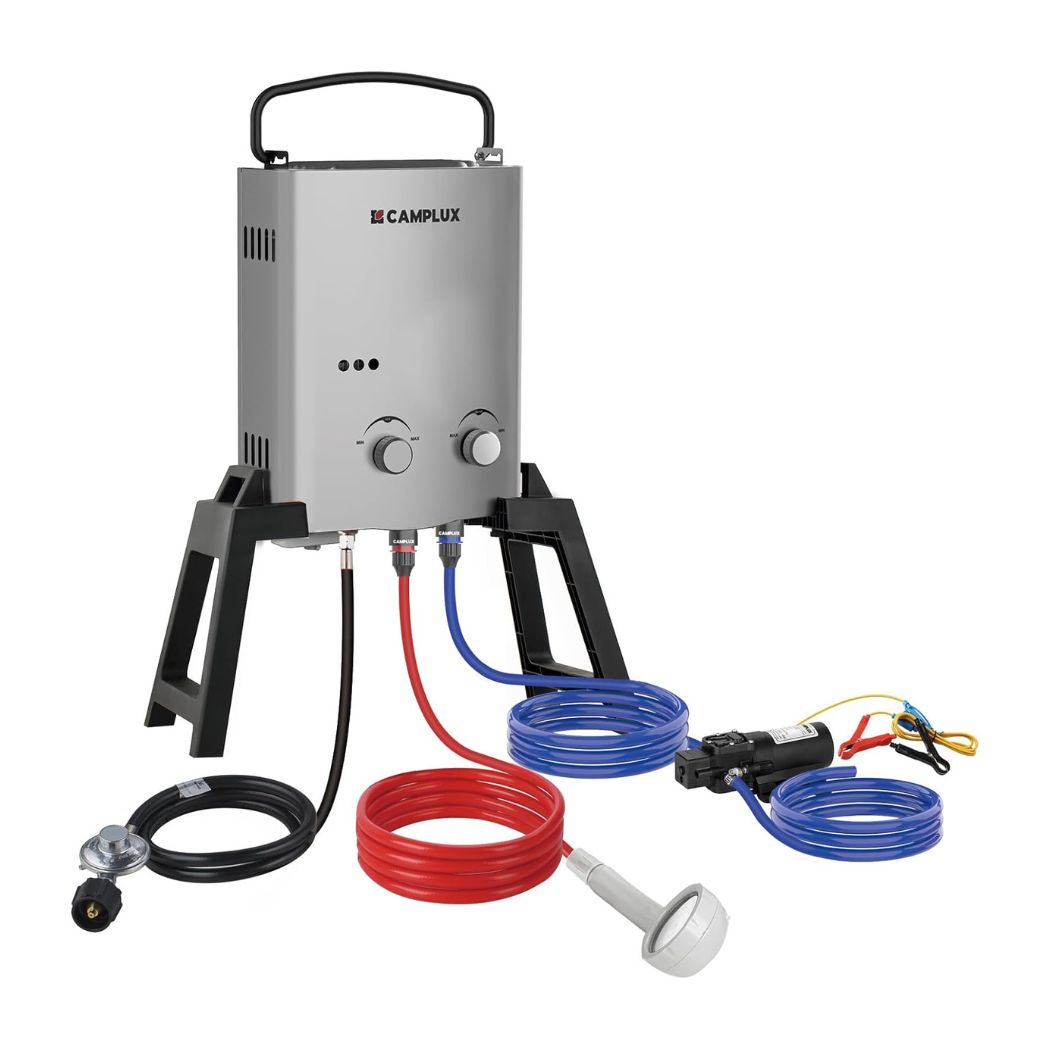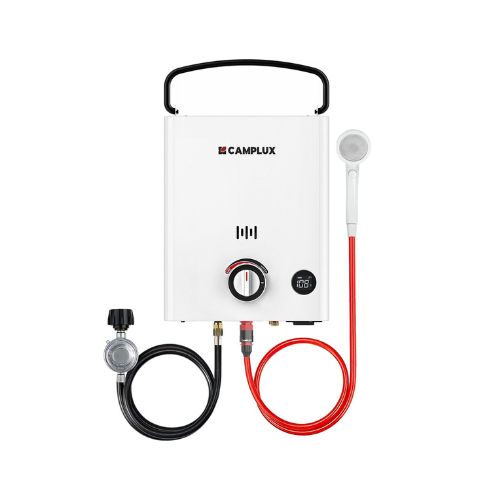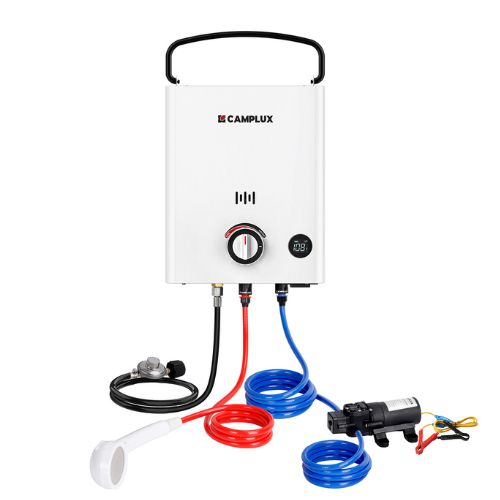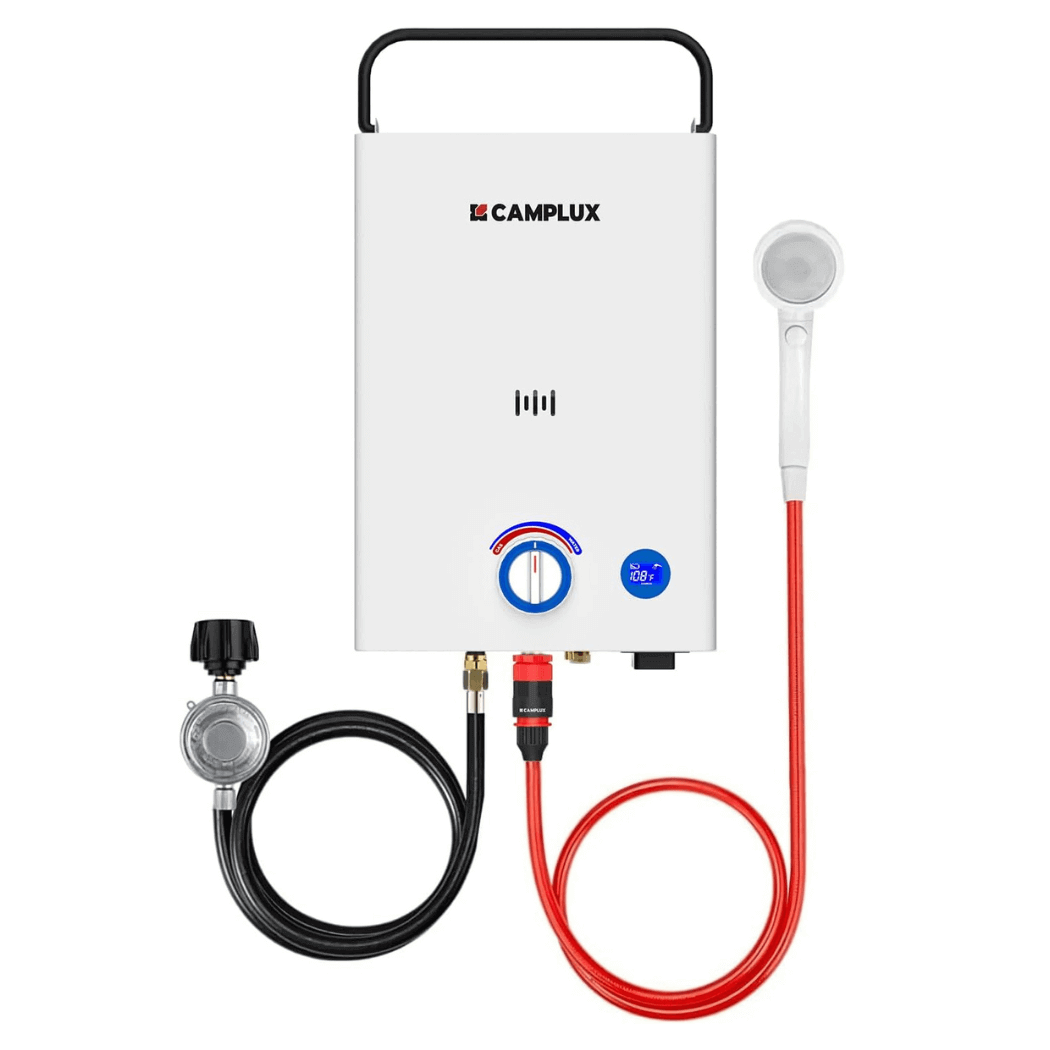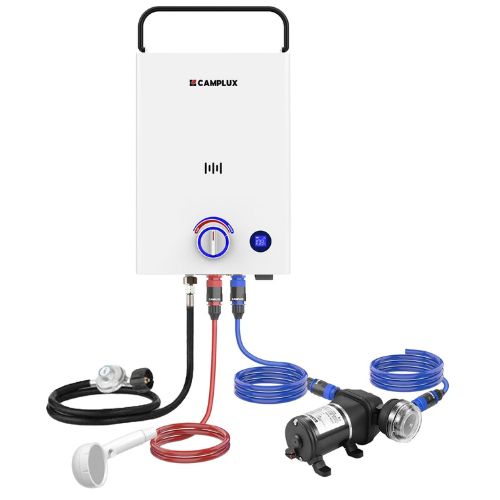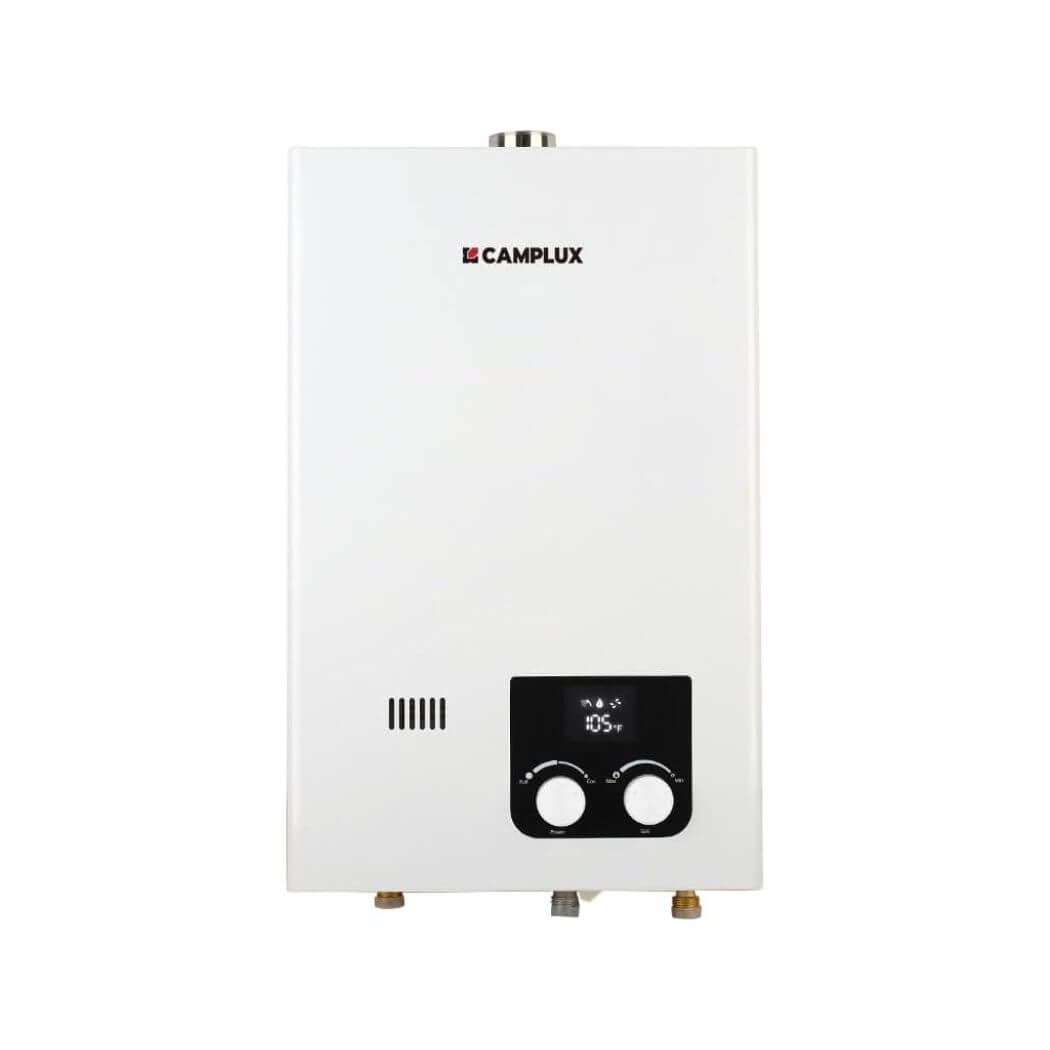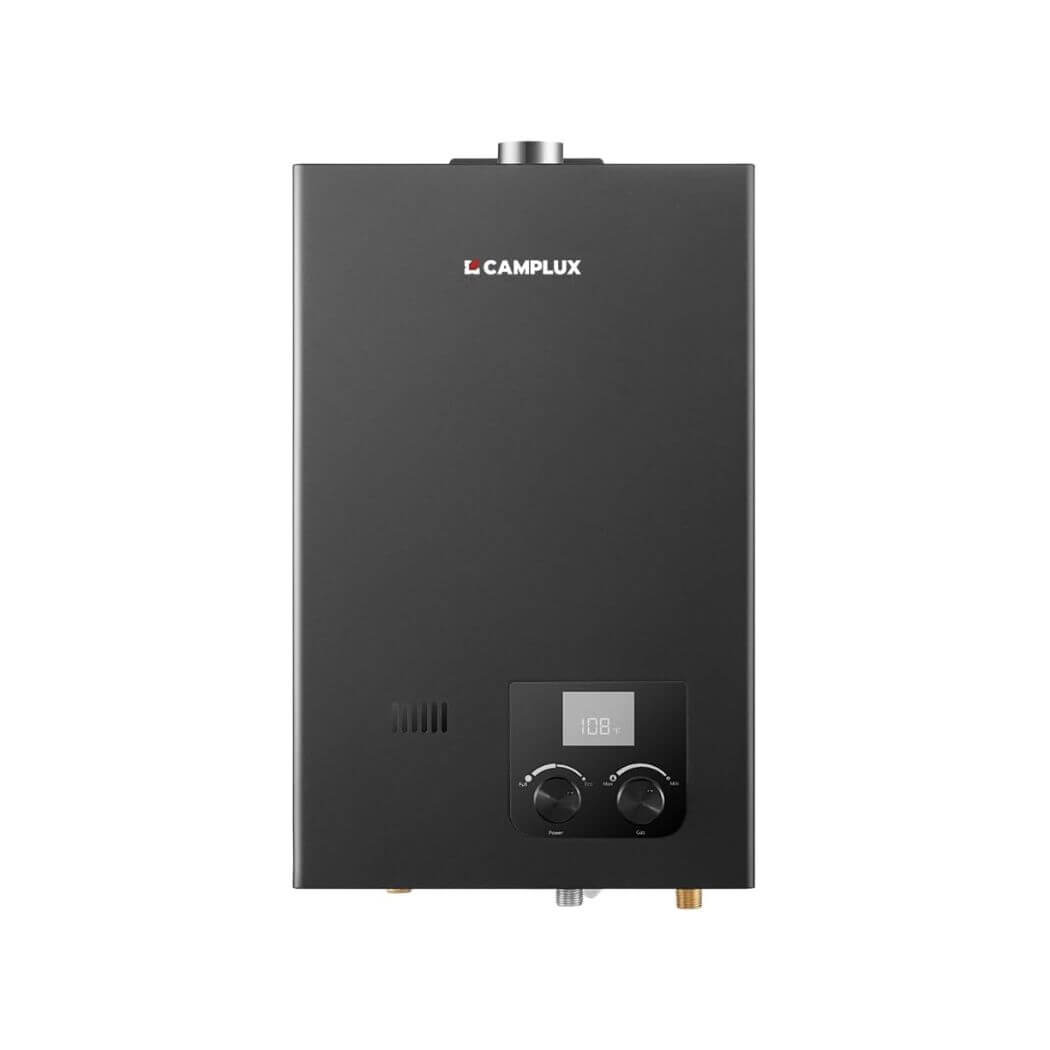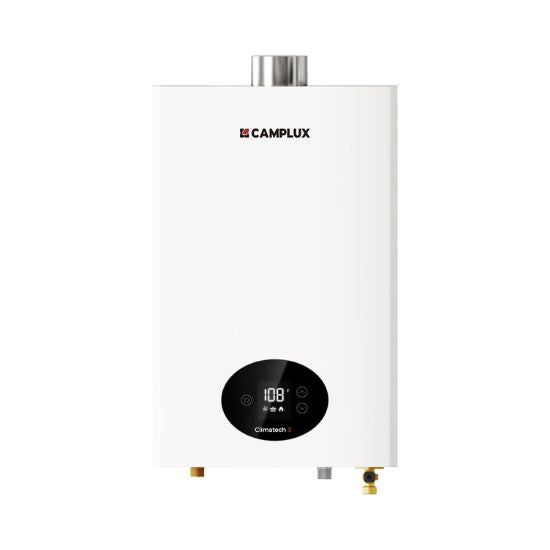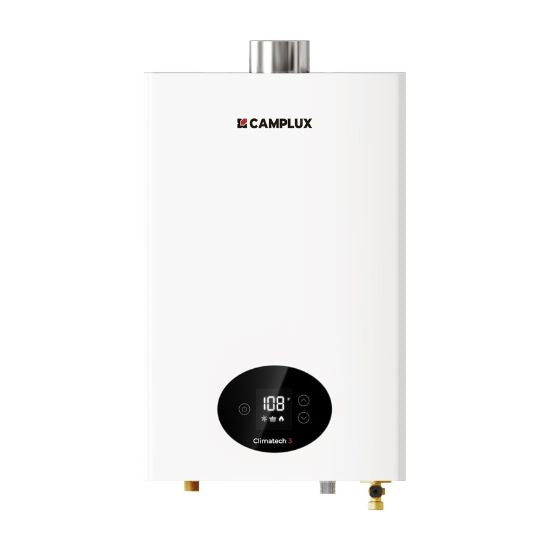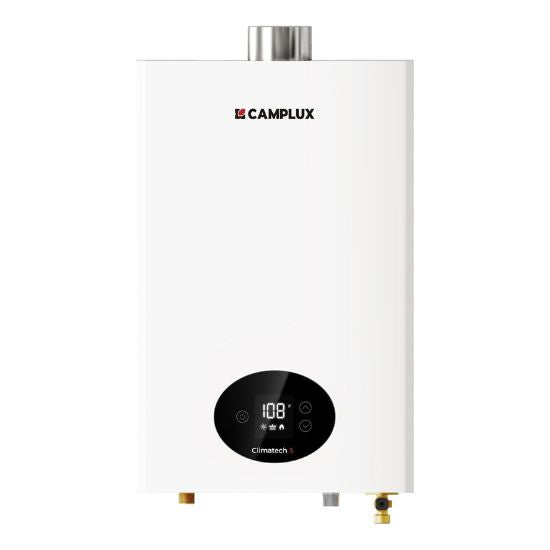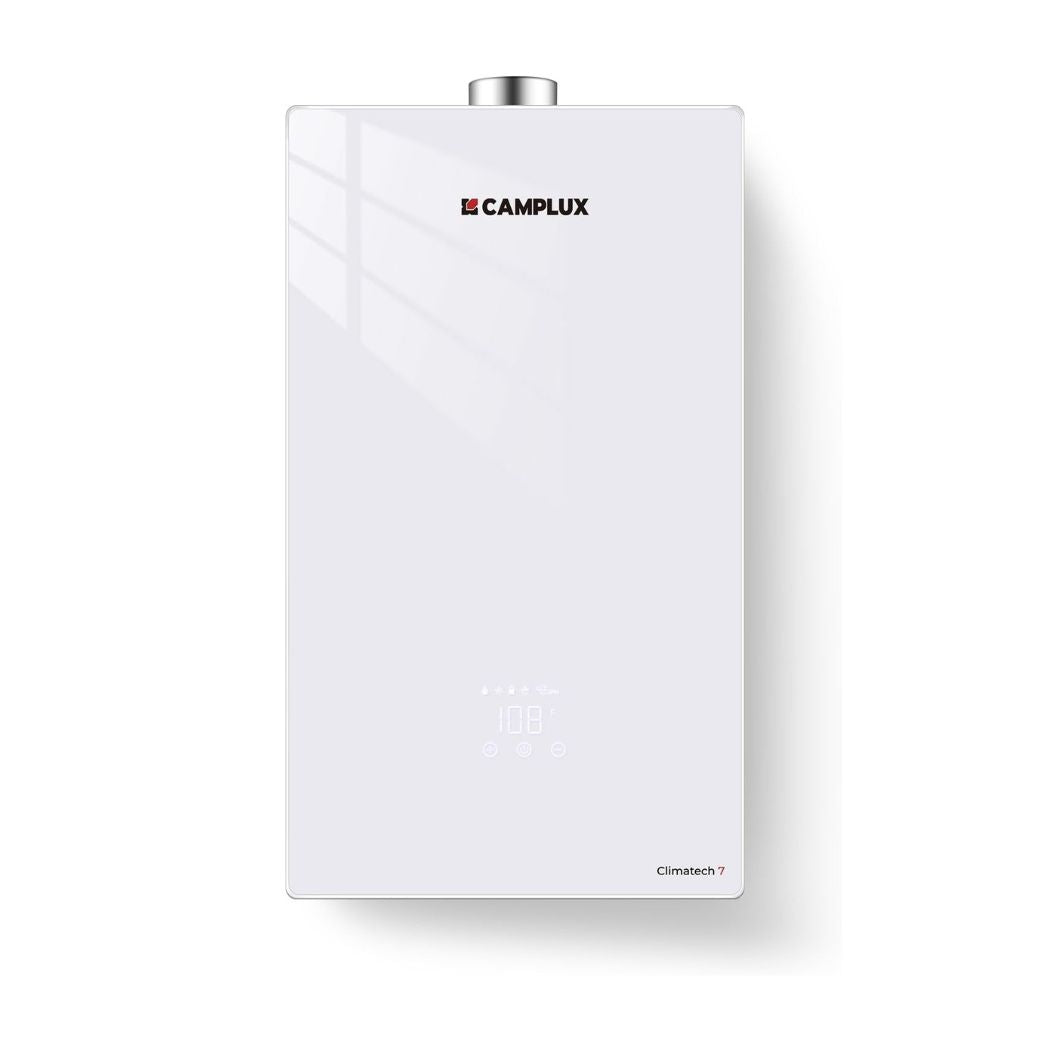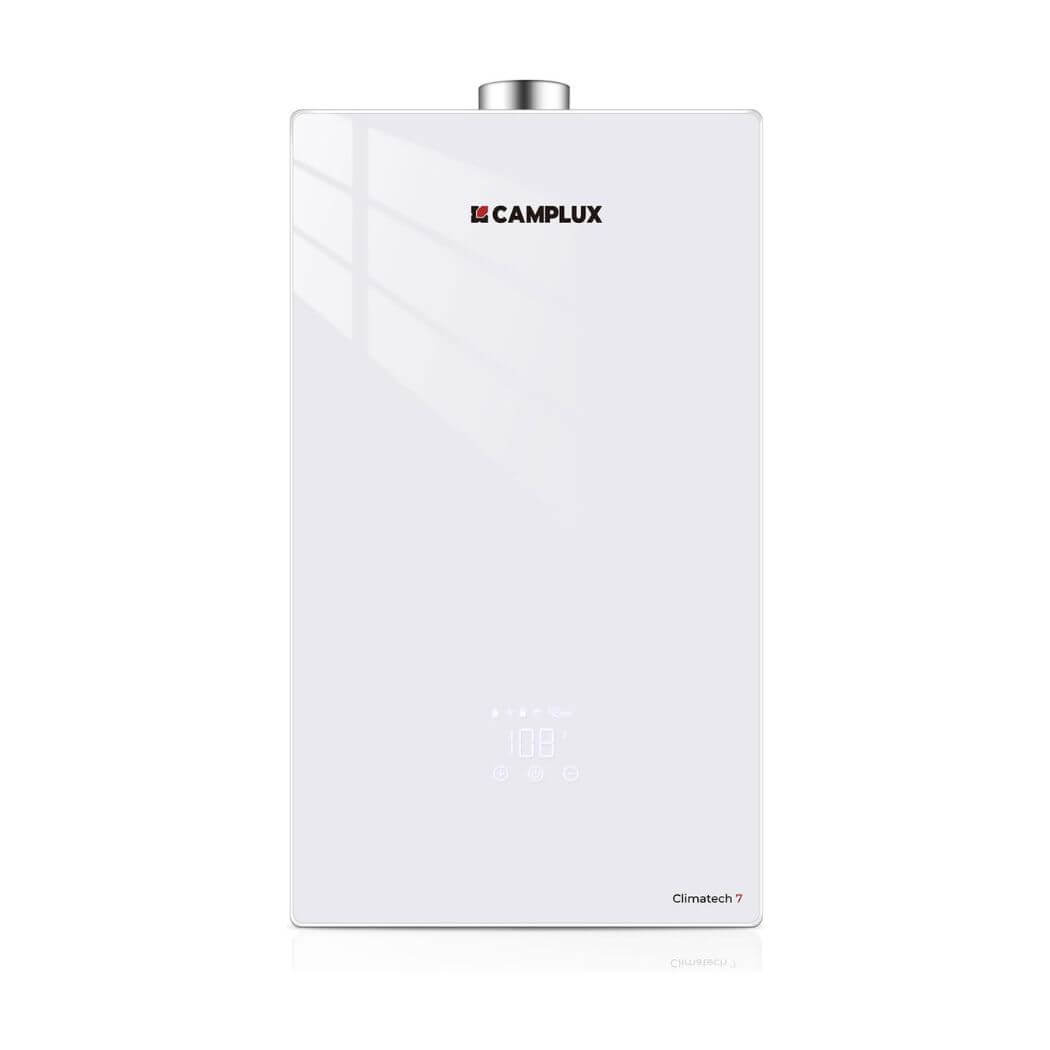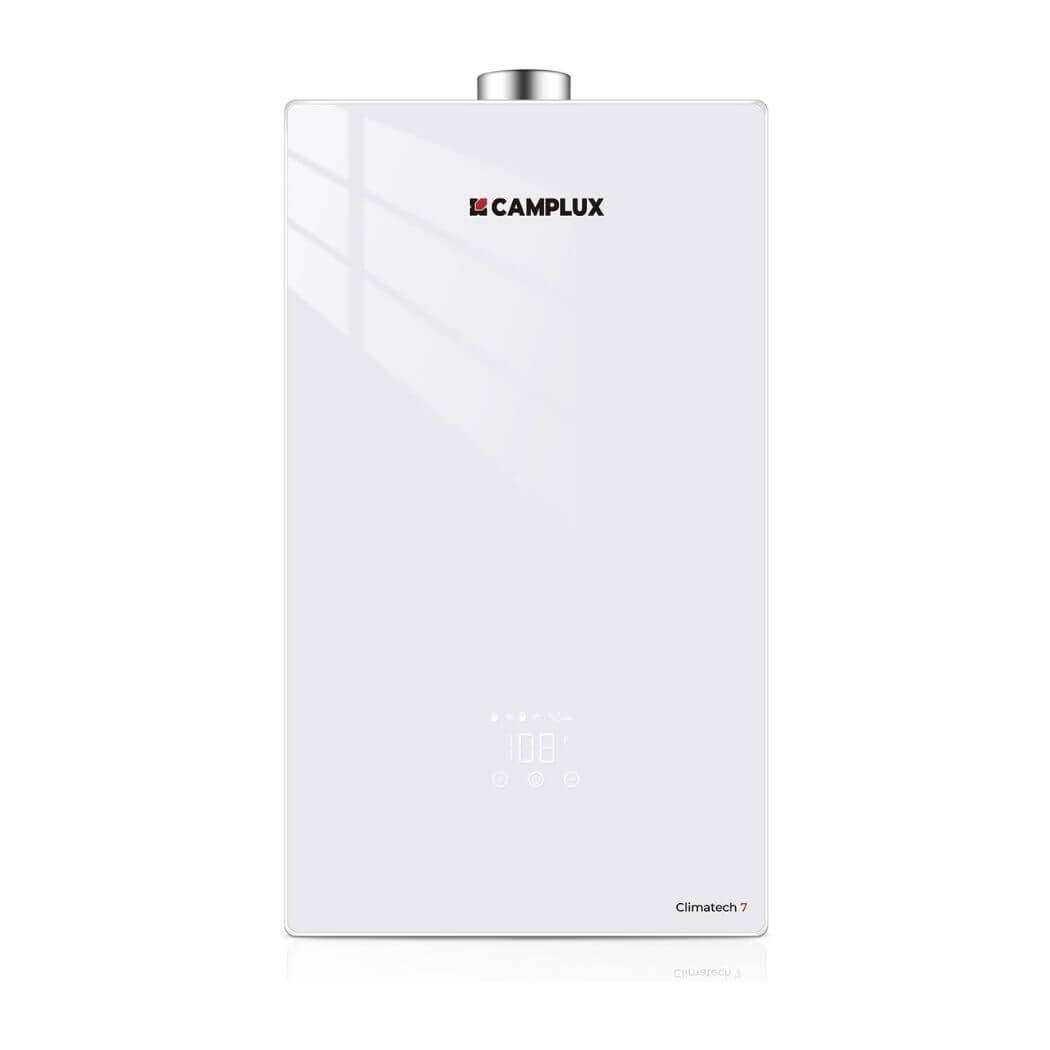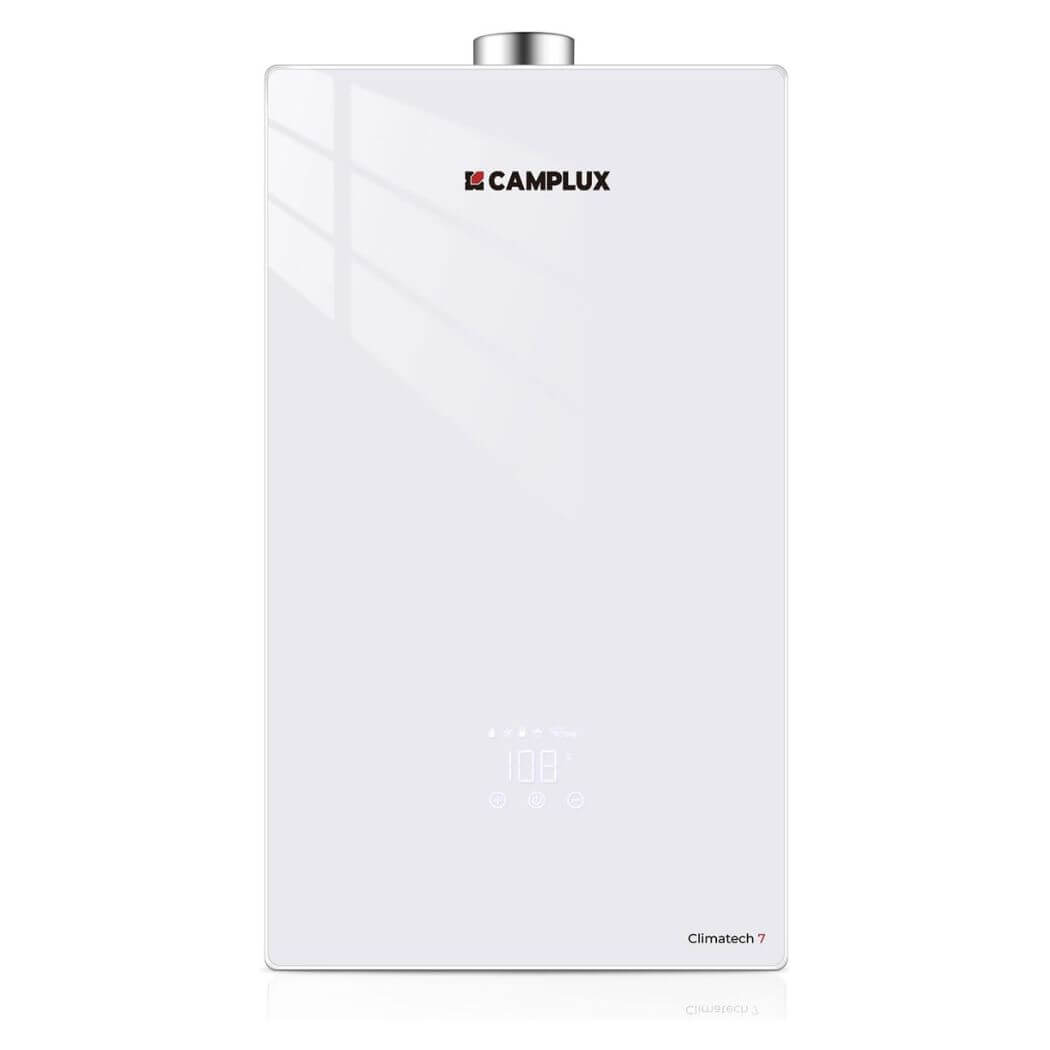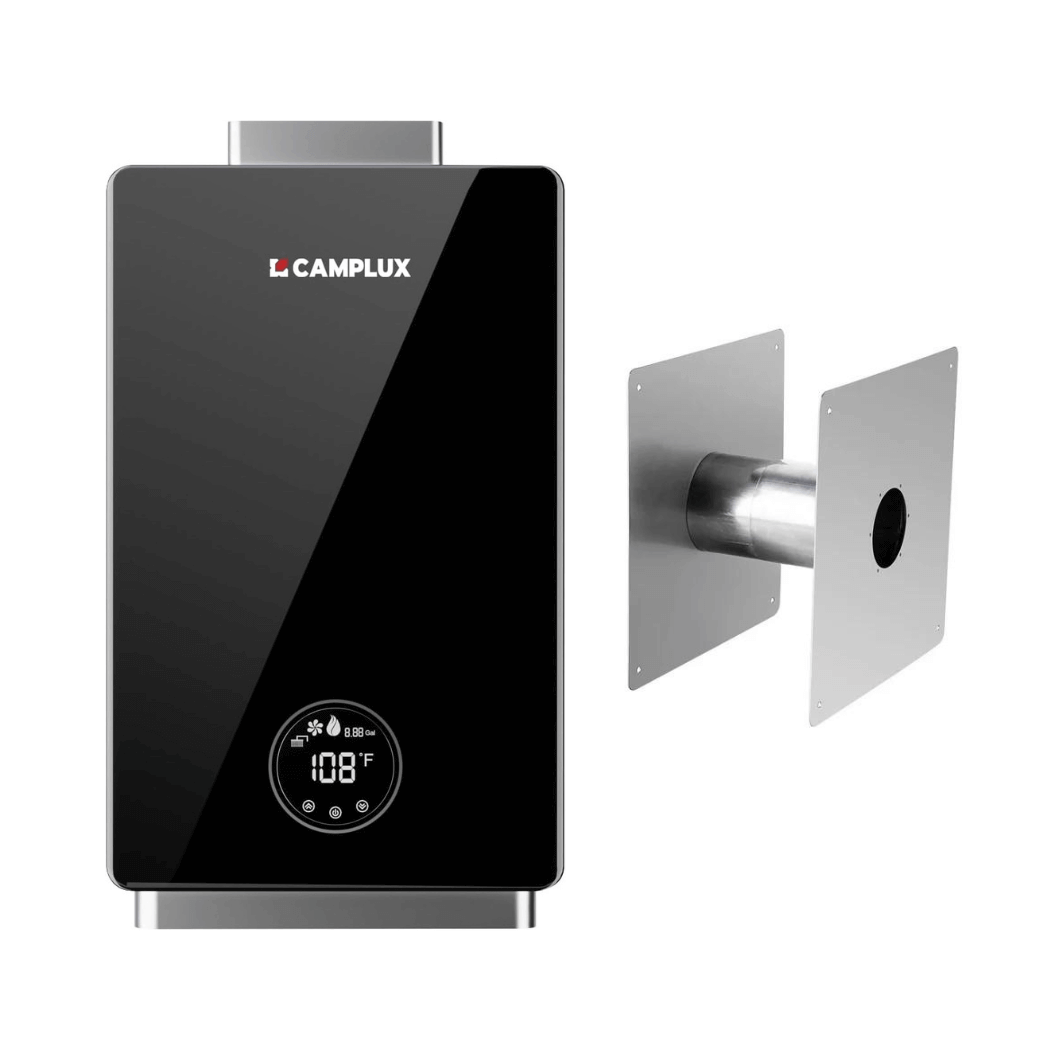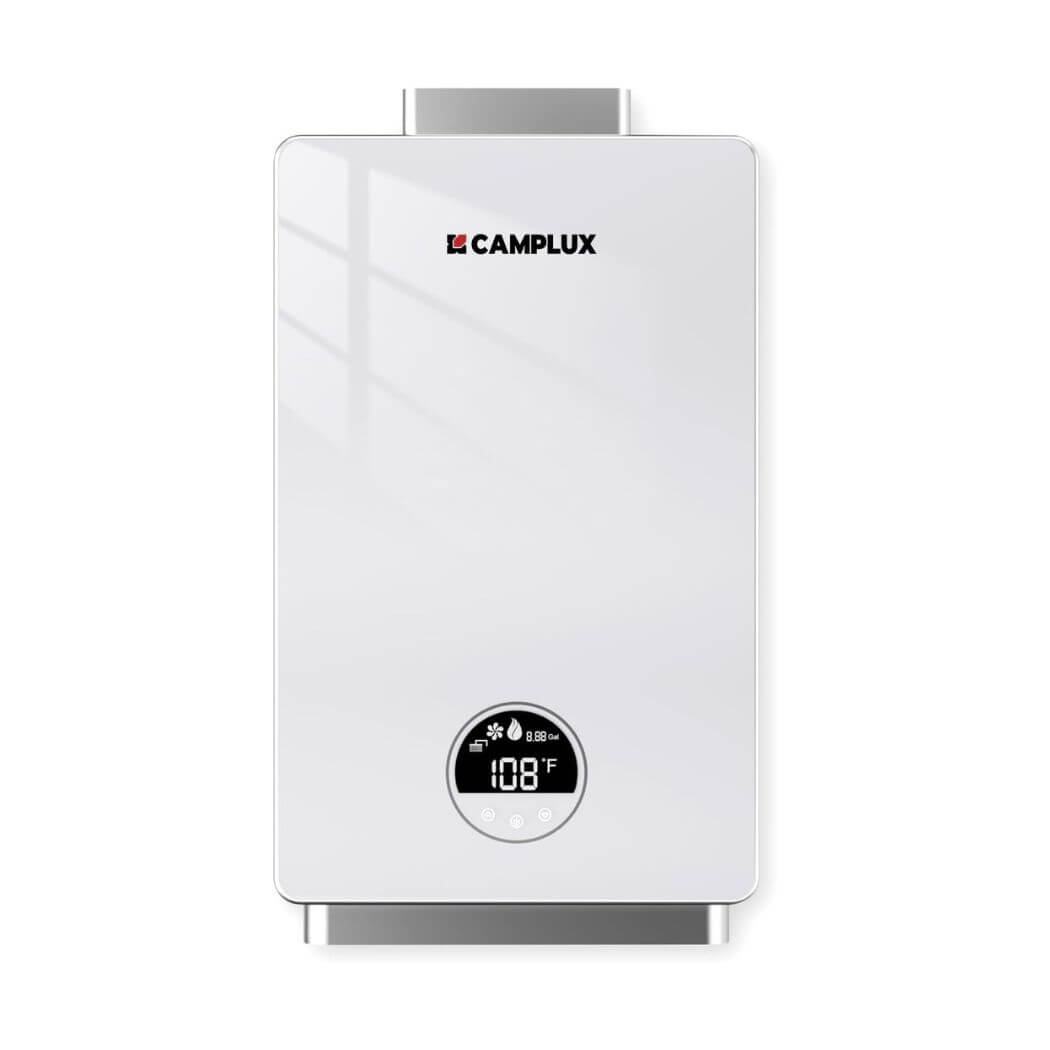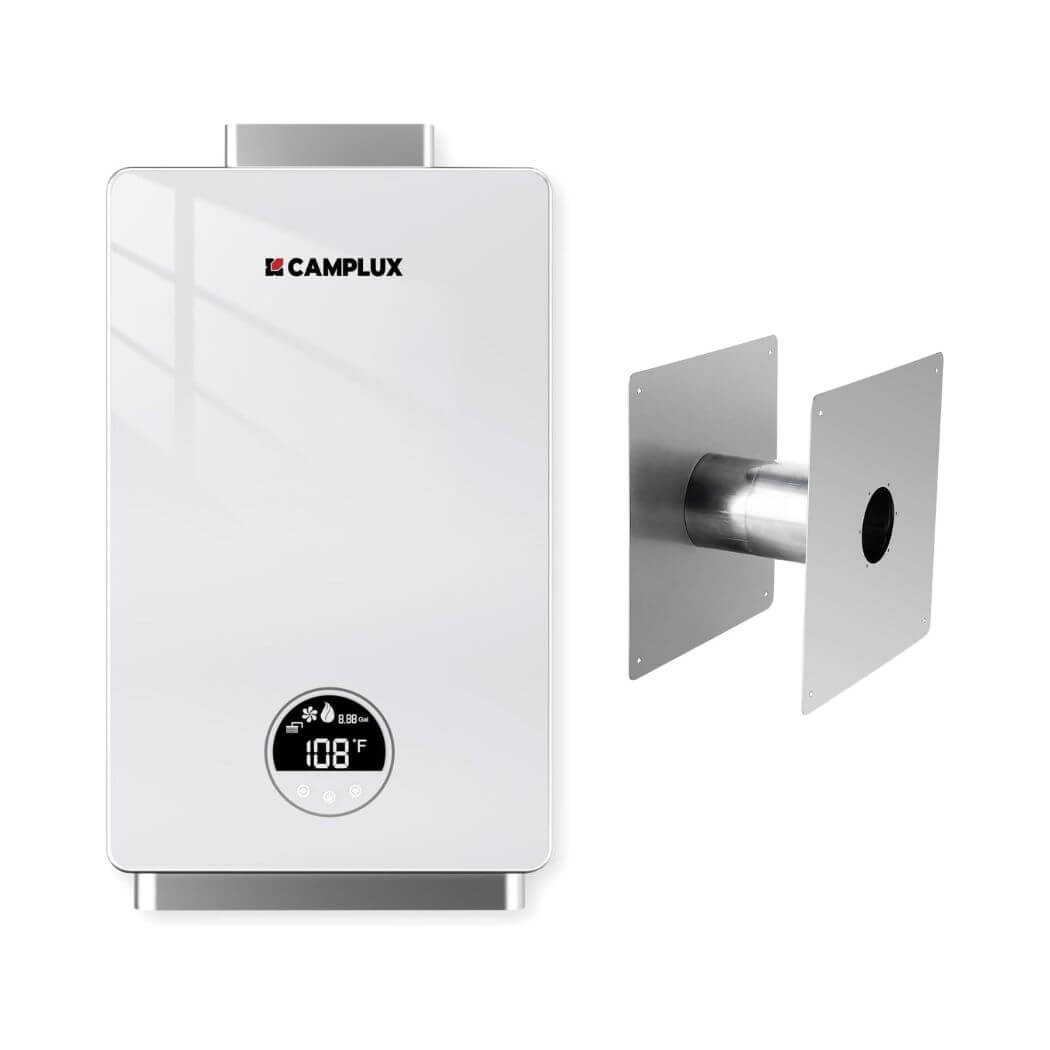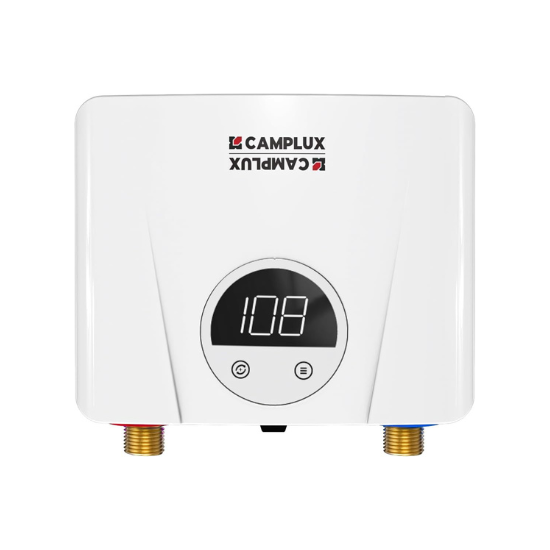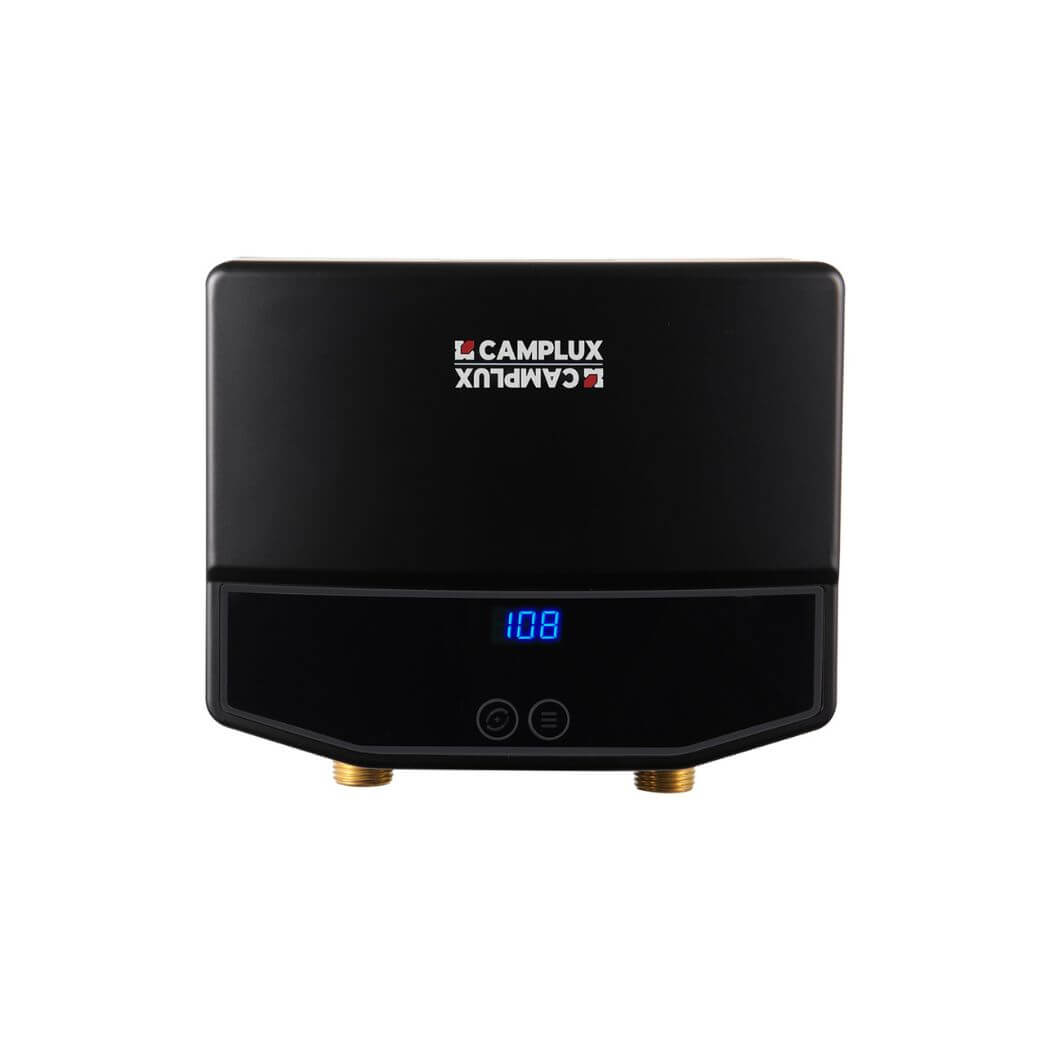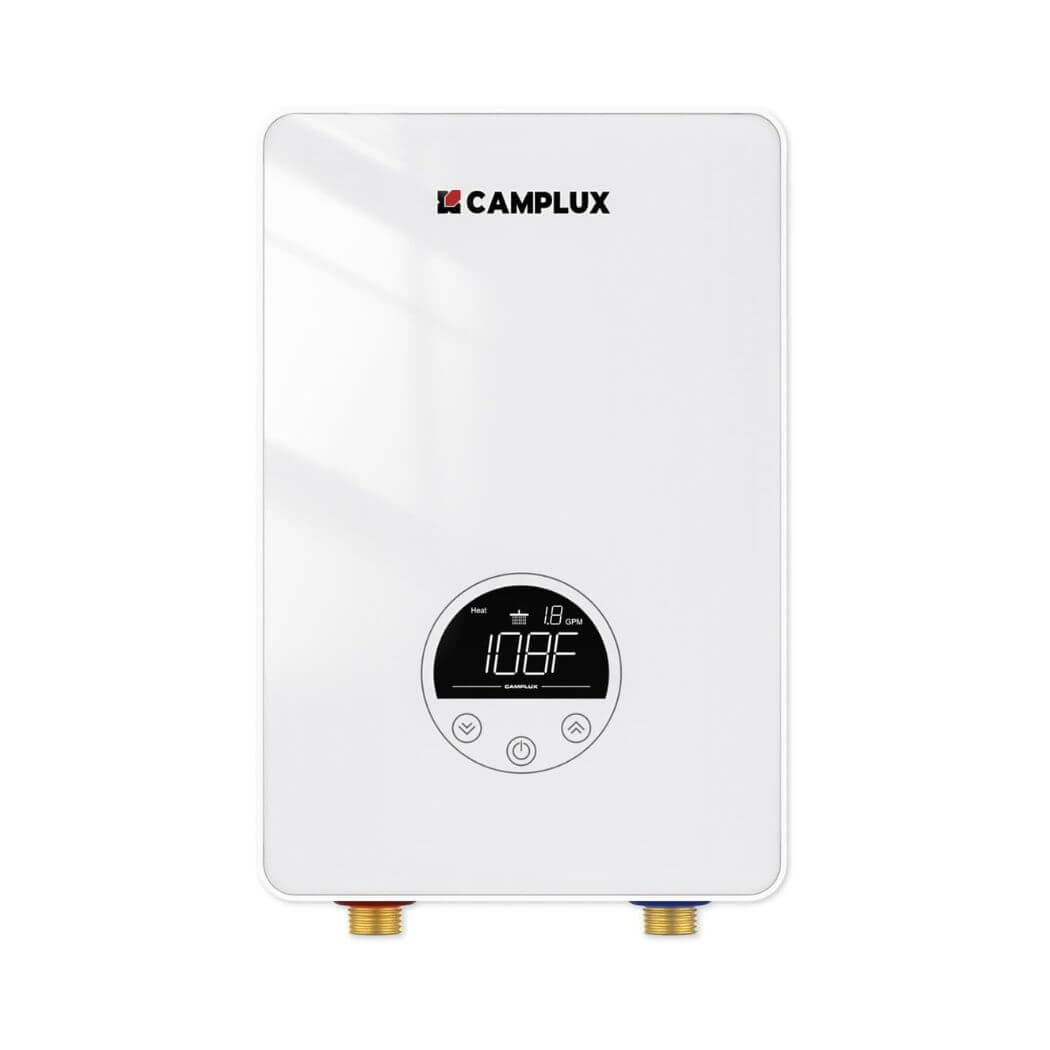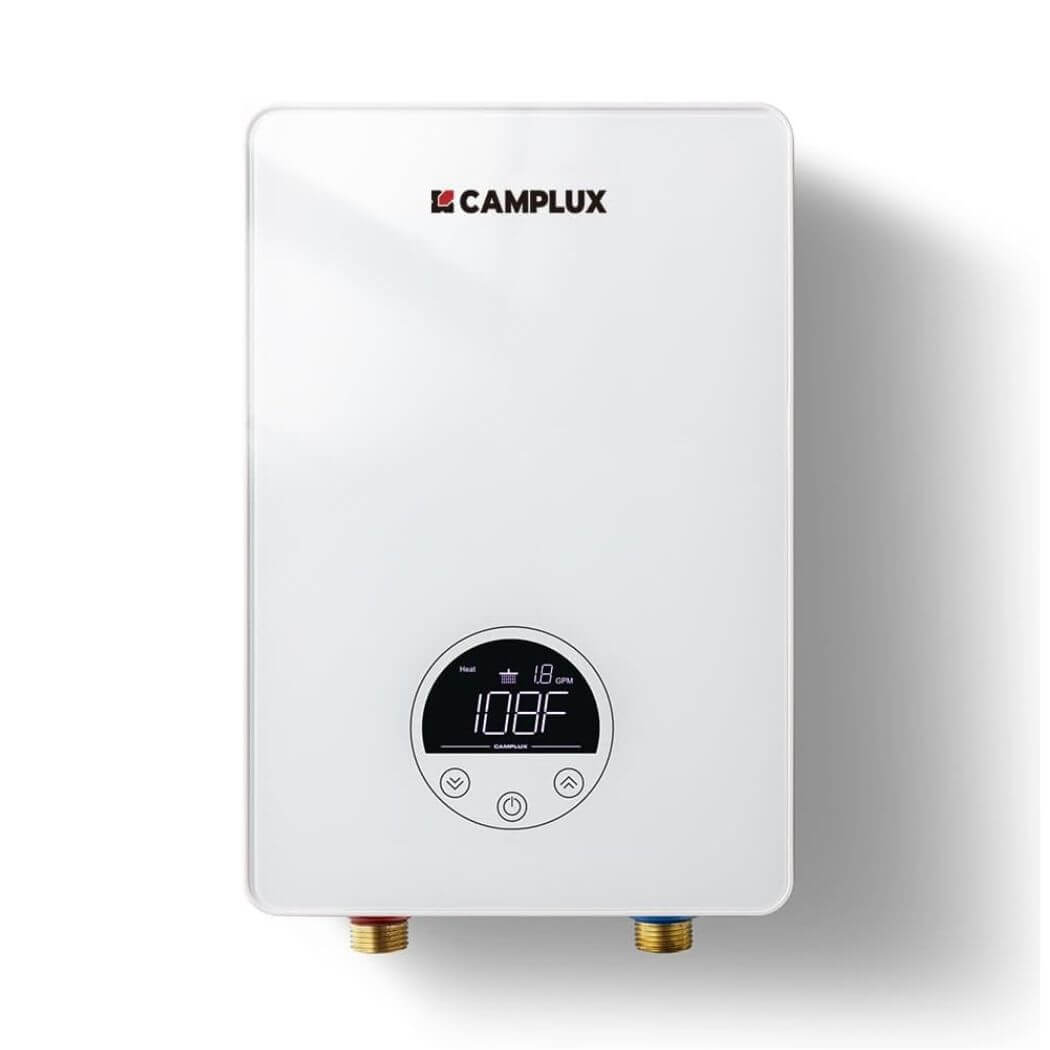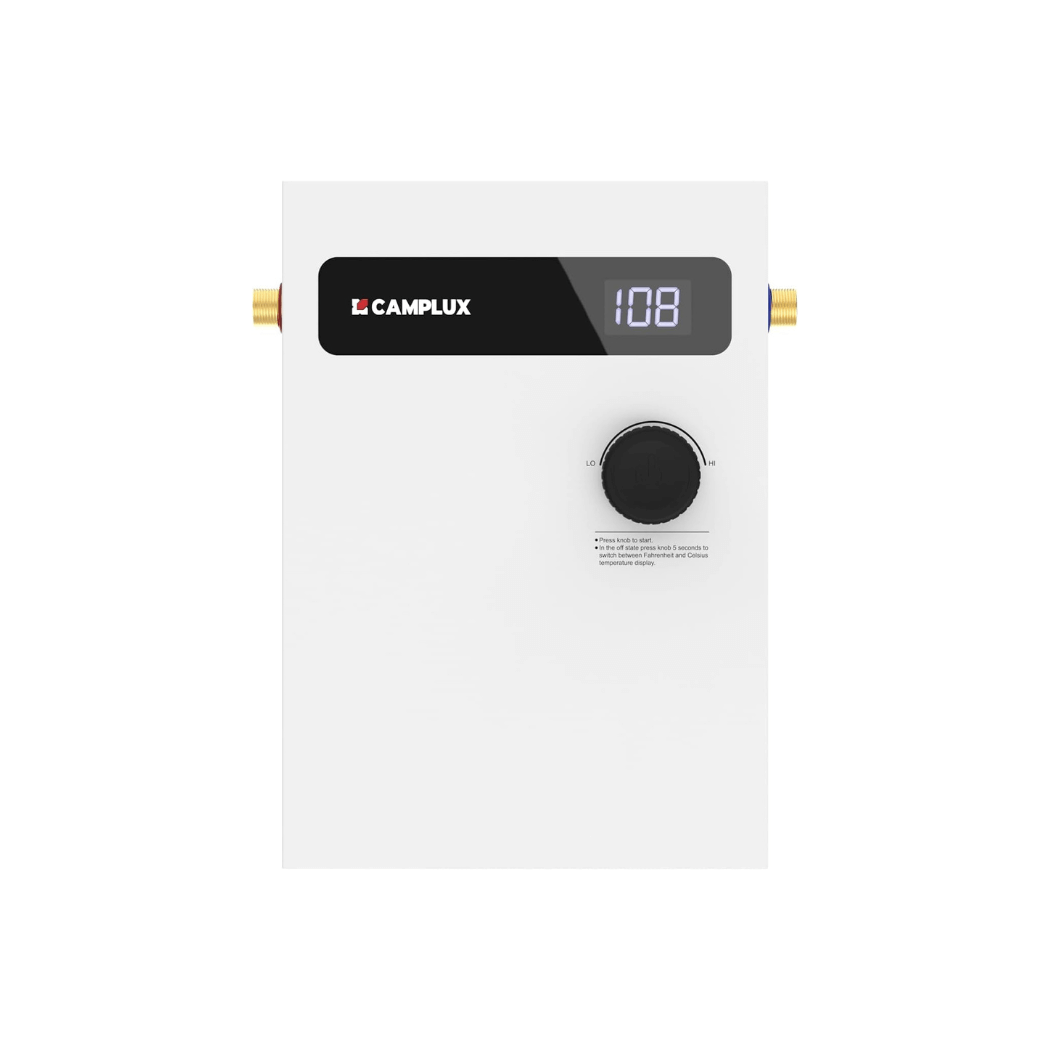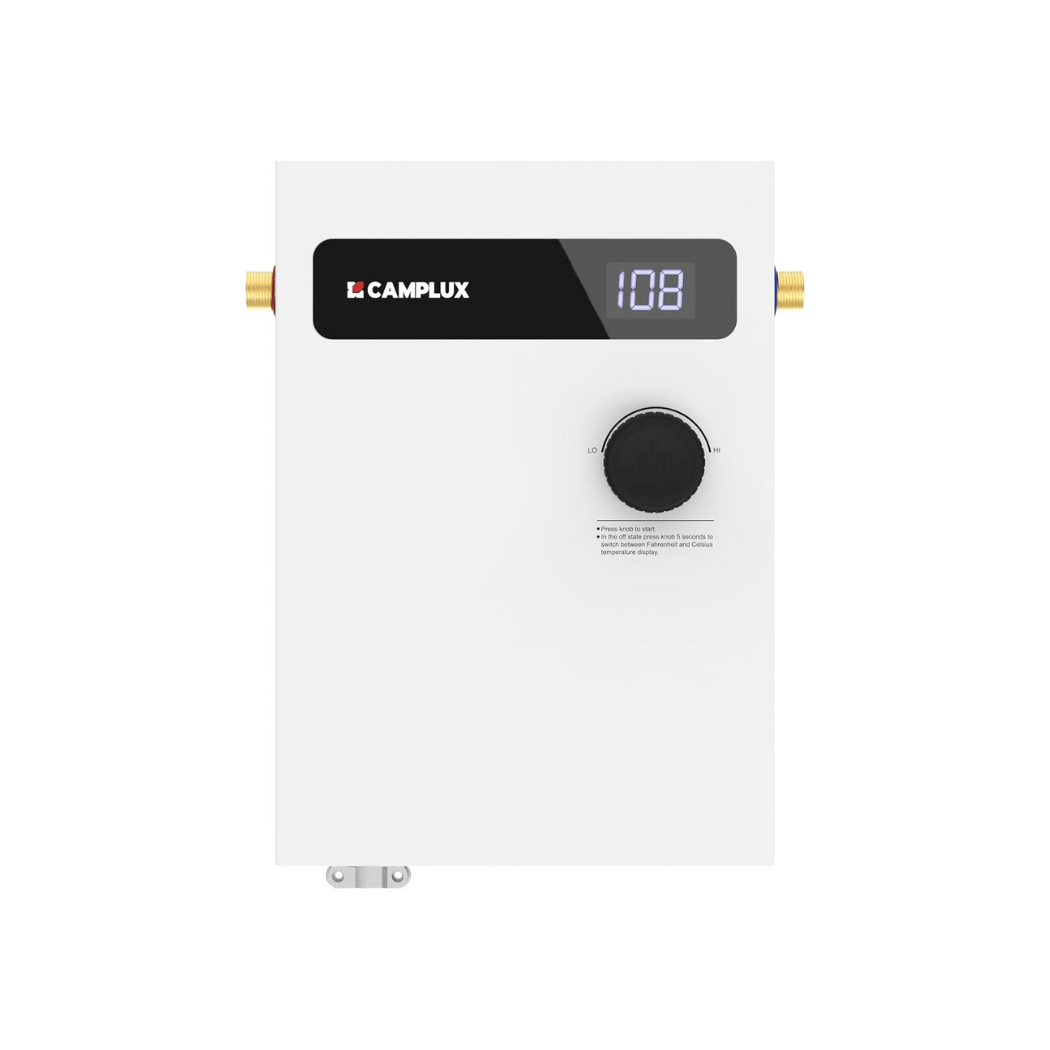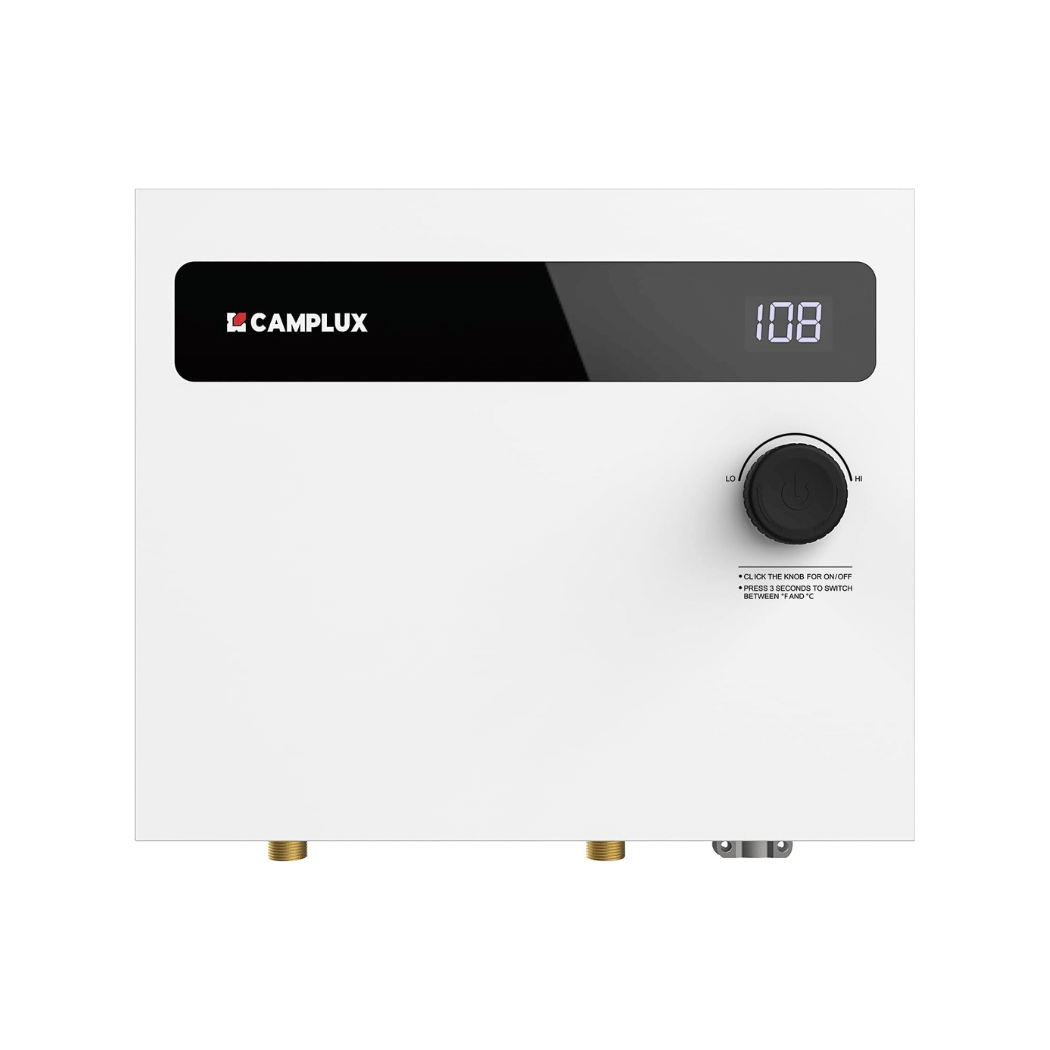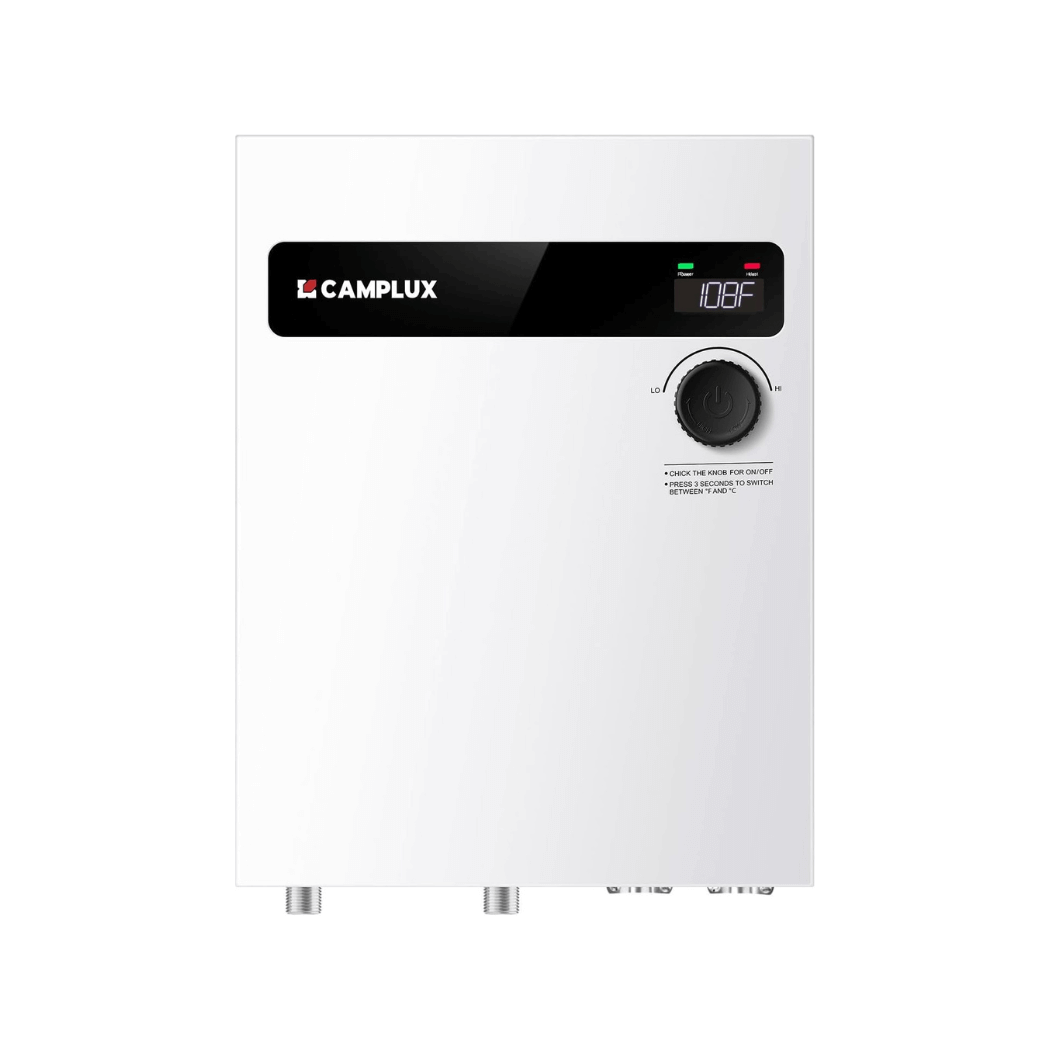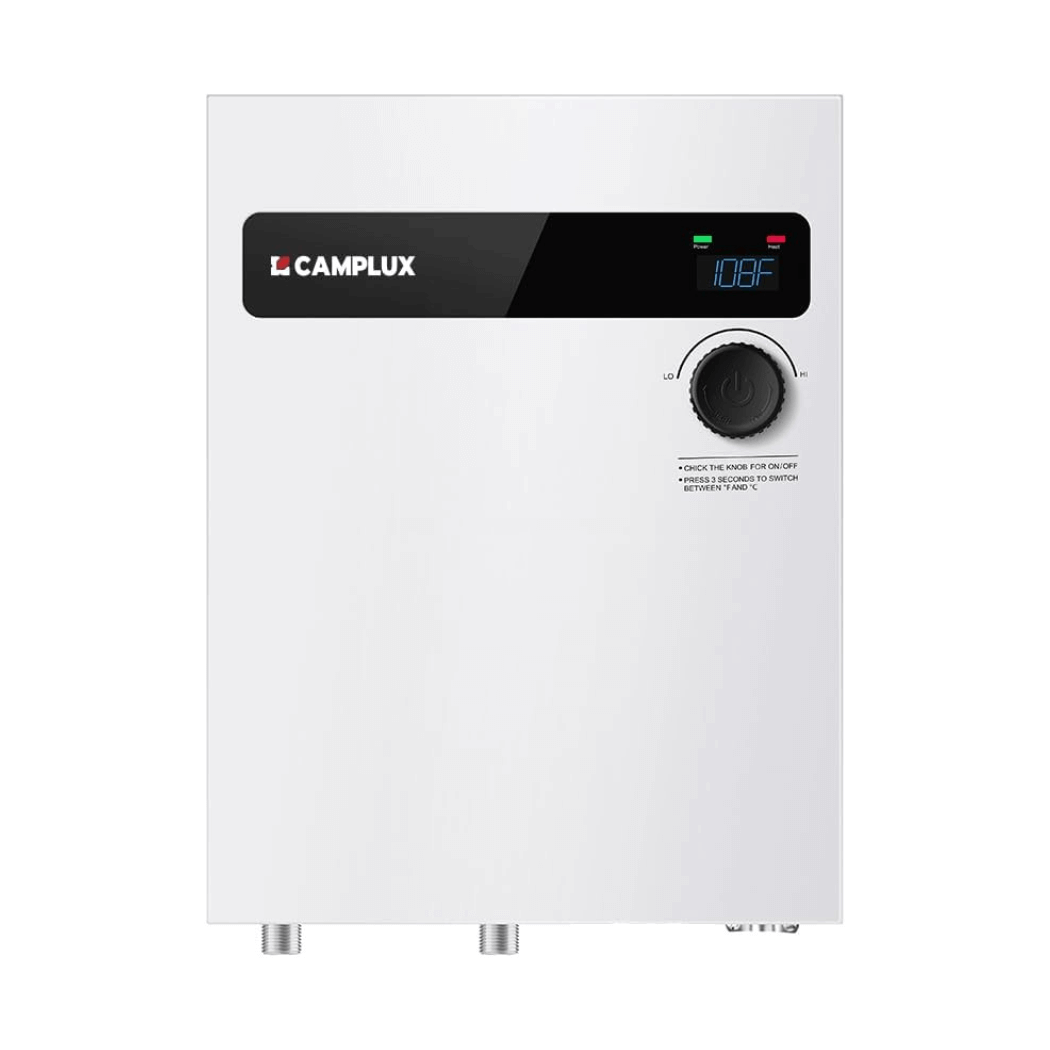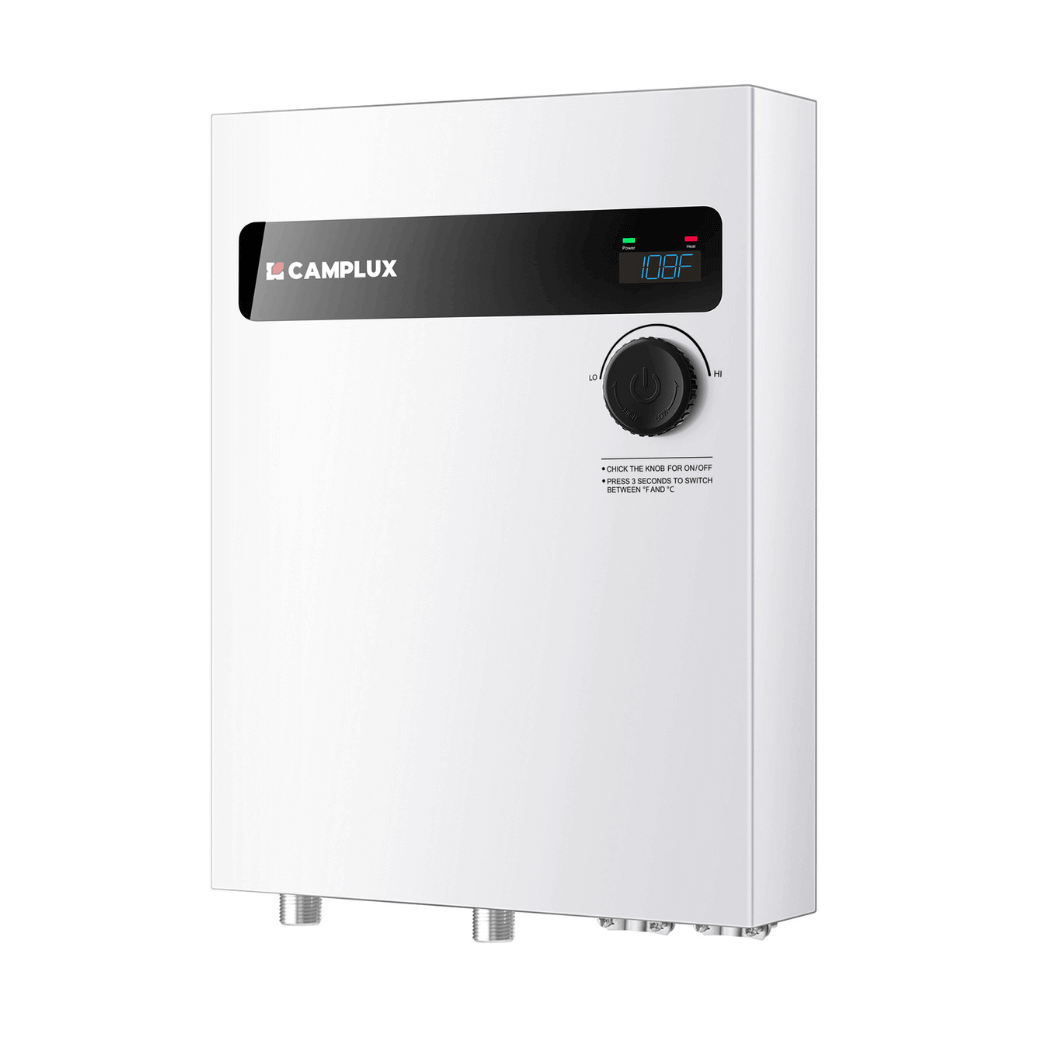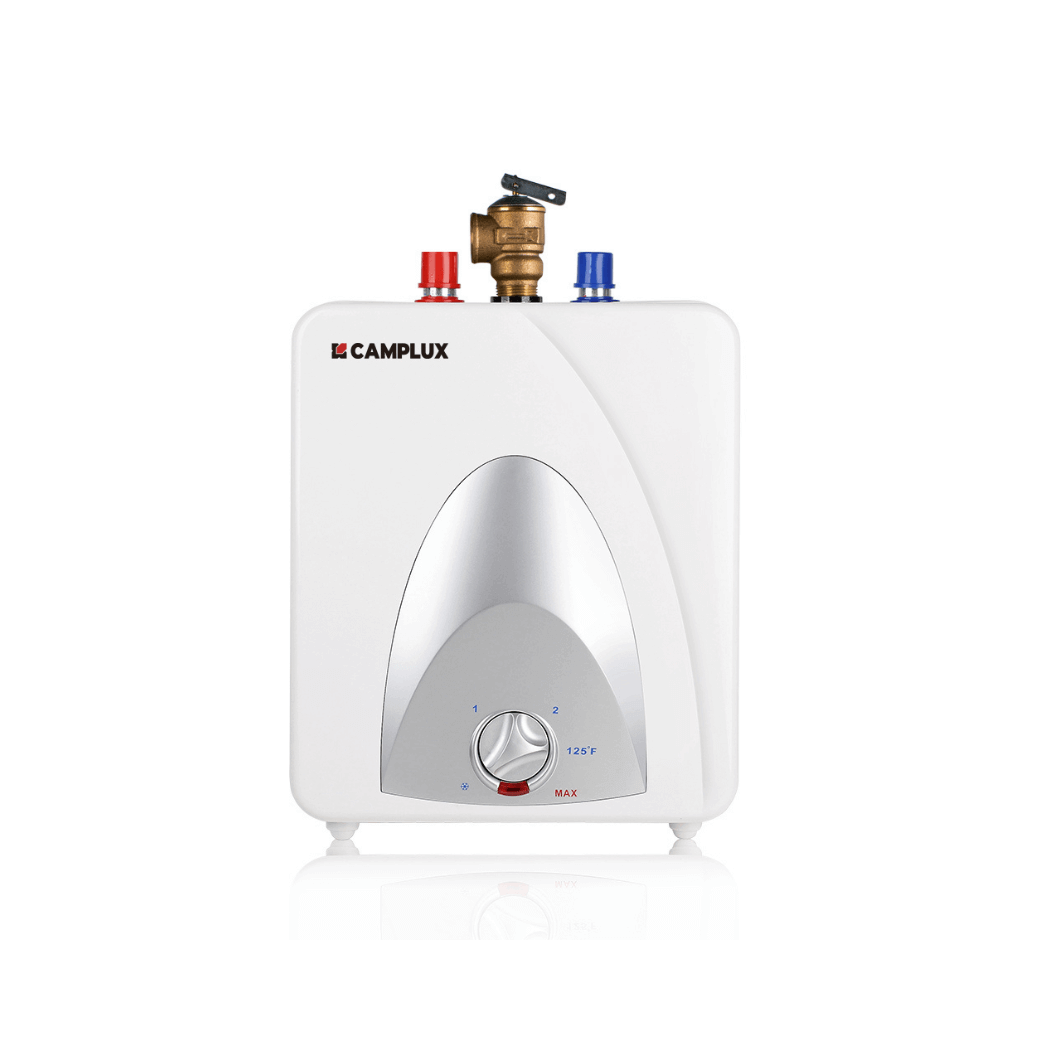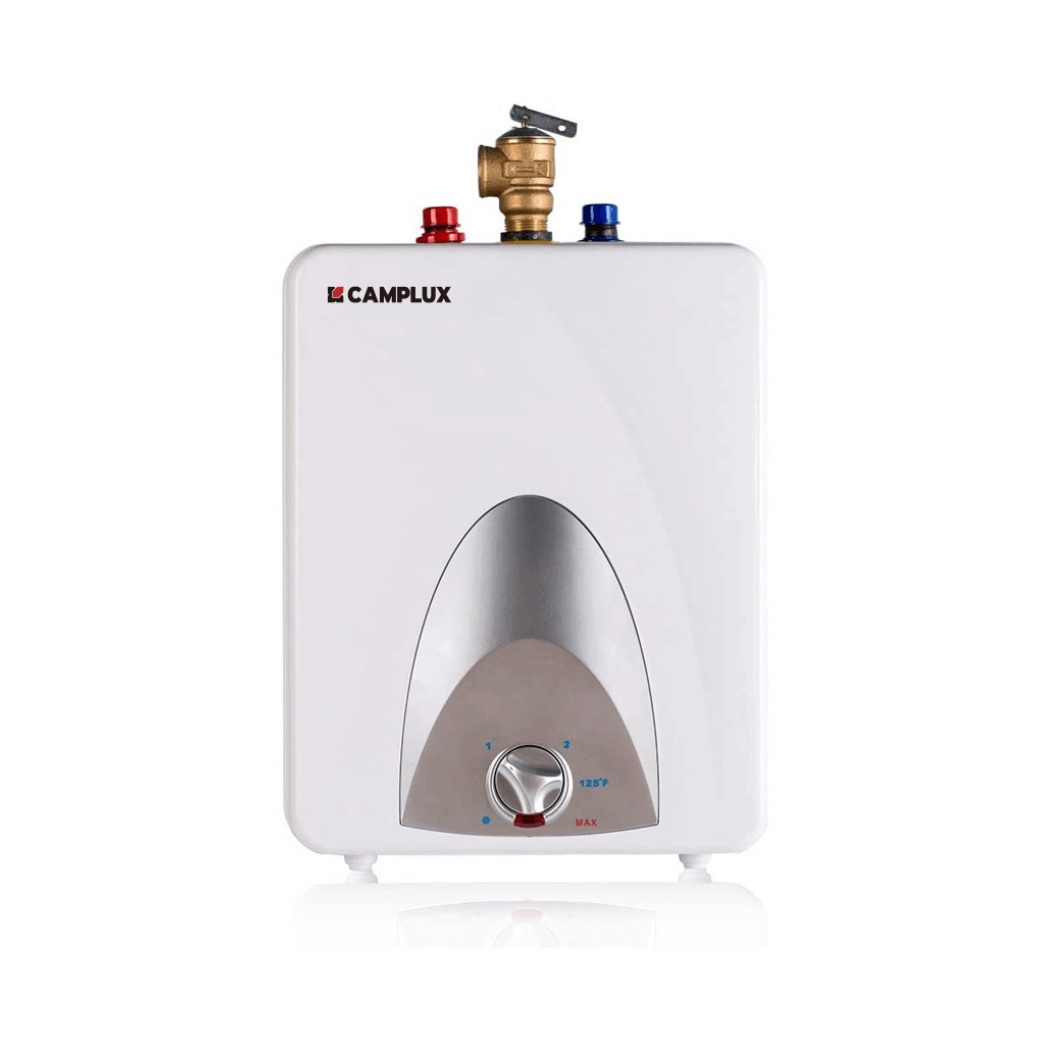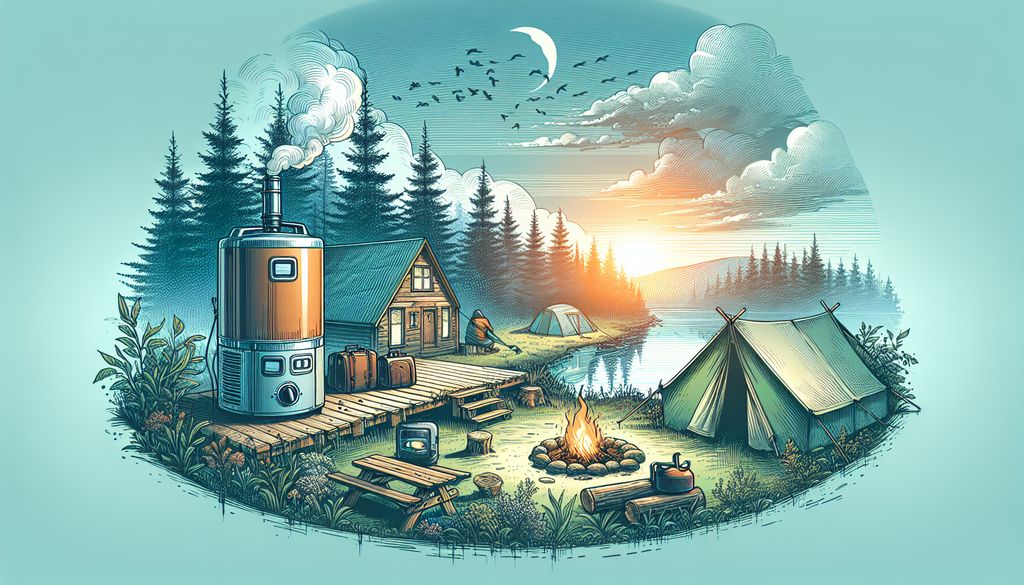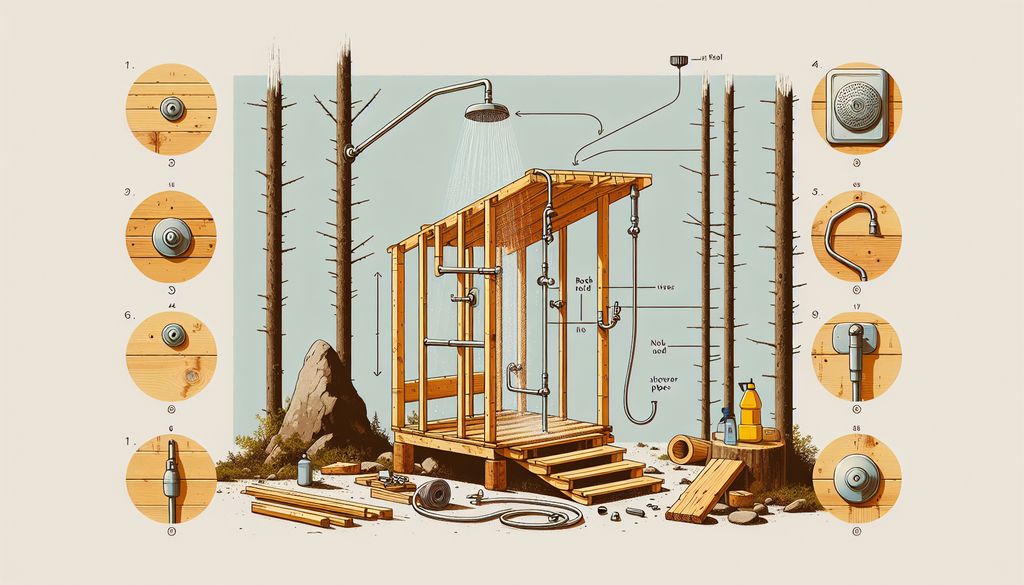Creating an outdoor hot water system can provide convenience and comfort for your outdoor activities. Whether you want hot water for outdoor showers, cooking, or cleaning, having a dedicated hot water system can make a significant difference. In this article, we will discuss the key considerations for choosing the right hot water system and guide you through the installation process.
Key Takeaways
- Consider the location and climate when choosing an outdoor hot water system.
- There are different types of hot water systems available, including tankless, storage tank, and solar systems.
- Proper sizing of your hot water system is important to ensure adequate supply and energy efficiency.
- Prepare the outdoor area by clearing space and ensuring proper ventilation.
- Connect the hot water system to the water supply and install it according to the manufacturer's instructions.
Choosing the Right Hot Water System
Considerations for Outdoor Installation
When choosing a hot water system for outdoor installation, there are several important factors to consider. Durability is key, as the system will be exposed to the elements and needs to withstand various weather conditions. Energy efficiency is another crucial consideration, as an outdoor hot water system should be designed to minimize energy consumption. Additionally, safety should be a top priority, with features such as temperature control and pressure relief valves to ensure the system operates safely. Lastly, maintenance should be taken into account, as outdoor systems may require more frequent cleaning and upkeep due to exposure to dirt and debris.
To help you make an informed decision, here is a table summarizing the key considerations for outdoor installation:
| Consideration | Description |
|---|---|
| Durability | System should be able to withstand outdoor conditions |
| Energy Efficiency | System should be designed to minimize energy consumption |
| Safety | System should have safety features such as temperature control and pressure relief valves |
| Maintenance | System may require more frequent cleaning and upkeep |
Remember, when installing an outdoor hot water system, it's important to choose one that meets your specific needs and requirements. Taking these considerations into account will help ensure a reliable and efficient system that provides hot water whenever you need it.
Types of Hot Water Systems
When it comes to choosing the right hot water system for your outdoor setup, there are several options available. One popular choice is a portable shower, which offers convenience and flexibility . With a portable shower, you can easily set up a temporary hot water system wherever you need it. Whether you're camping, hosting an outdoor event, or simply want a hot water solution that can be easily moved around, a portable shower is a great option to consider.
Sizing Your Hot Water System
When it comes to sizing your hot water system, there are a few key factors to consider. First , you need to determine the peak hot water demand in your household. This can be influenced by the number of people living in your home, their hot water usage habits, and the number of bathrooms and appliances that require hot water. Second , you should consider the recovery rate of the hot water system. This refers to how quickly the system can heat up a new batch of water after the existing supply has been depleted. A higher recovery rate is important if you have a large hot water demand or if you frequently use multiple hot water appliances simultaneously. Third , it's important to consider the storage capacity of the hot water system. This refers to the amount of hot water that the system can store at any given time. A larger storage capacity may be necessary if you have a high hot water demand or if you experience frequent power outages or interruptions in your water supply.
Installation Process
Preparing the Outdoor Area
Before installing your hot water system, it is important to properly prepare the outdoor area. Here are some key steps to follow:
-
Clear the space : Remove any debris or obstacles from the area where you plan to install the hot water system. This will ensure a clean and safe installation.
-
Check for level ground : Ensure that the ground is level and stable. Uneven ground can affect the stability and performance of the hot water system.
-
Consider the weather : Take into account the climate and weather conditions in your area. Extreme temperatures or exposure to direct sunlight can impact the efficiency of the system.
-
Evaluate accessibility : Assess the accessibility of the outdoor area. Make sure there is enough space for installation, maintenance, and potential repairs.
By following these steps, you can create a suitable outdoor area for your hot water system installation.
Connecting to the Water Supply
When connecting your outdoor hot water system to the water supply, there are a few important considerations to keep in mind. First, ensure that you have a reliable source of water available. This could be a well, a municipal water supply, or a rainwater harvesting system. Reliable water supply is crucial for the proper functioning of your hot water system.
Next, you'll need to determine the appropriate pipe size for connecting your hot water system to the water supply. The pipe size will depend on the flow rate and pressure requirements of your hot water system. It's important to consult the manufacturer's specifications or seek professional advice to ensure the correct pipe size is used.
In addition, consider installing a backflow prevention device to protect your water supply from contamination. This device prevents water from flowing back into the main water supply, ensuring the safety and quality of your water.
Finally, it's important to properly seal all connections between the hot water system and the water supply. This will prevent leaks and ensure efficient operation of your system. Use appropriate sealing materials, such as plumber's tape or pipe sealant, to create a watertight seal.
Remember, proper connection to the water supply is essential for the successful operation of your outdoor hot water system.
Installing the Hot Water System
Once you have prepared the outdoor area and connected the hot water system to the water supply, it's time to install the system. Here are the steps to follow:
- Position the hot water system in a suitable location, ensuring it is stable and secure.
- Connect the system to the power source, following the manufacturer's instructions.
- Attach the necessary pipes and fittings to ensure proper water flow.
- Test the system for any leaks or malfunctions before finalizing the installation.
Remember to consult the manufacturer's manual for specific installation instructions and safety precautions.
Tip: It is recommended to hire a professional plumber for the installation to ensure proper setup and avoid any potential issues in the future.
Conclusion
In conclusion, creating an outdoor hot water system requires careful consideration and planning. Choosing the right hot water system is crucial, taking into account factors such as outdoor installation, types of systems available, and sizing. The installation process involves preparing the outdoor area, connecting to the water supply, and installing the hot water system. By following these steps and ensuring proper maintenance, you can enjoy the convenience of hot water in your outdoor space. Remember to always prioritize safety and consult professionals when needed. Stay warm and enjoy your outdoor hot water system!
Frequently Asked Questions
Can I install an outdoor hot water system myself?
While it is possible to install an outdoor hot water system yourself, it is recommended to hire a professional plumber to ensure proper installation and compliance with local regulations.
What are the advantages of an outdoor hot water system?
Outdoor hot water systems provide easy access to hot water for outdoor activities such as gardening, washing pets, or filling up a hot tub. They also free up indoor space and reduce the risk of water damage from leaks or malfunctions.
What types of hot water systems are suitable for outdoor installation?
Some common types of hot water systems suitable for outdoor installation include tankless water heaters, solar water heaters, and heat pump water heaters. These systems are designed to withstand outdoor conditions and provide efficient hot water supply.
How do I choose the right size for my outdoor hot water system?
The size of your outdoor hot water system depends on factors such as the number of people in your household, the number of fixtures and appliances that require hot water, and the climate in your area. It is recommended to consult with a professional plumber to determine the appropriate size for your needs.
What maintenance is required for an outdoor hot water system?
Regular maintenance for an outdoor hot water system includes checking for leaks, cleaning the system's components, and flushing the tank to remove sediment buildup. It is also important to schedule periodic inspections by a professional plumber to ensure optimal performance.
Can an outdoor hot water system be used in colder climates?
Yes, outdoor hot water systems can be used in colder climates. However, it is important to choose a system that is specifically designed for cold weather conditions and to take appropriate measures to protect the system from freezing temperatures.

